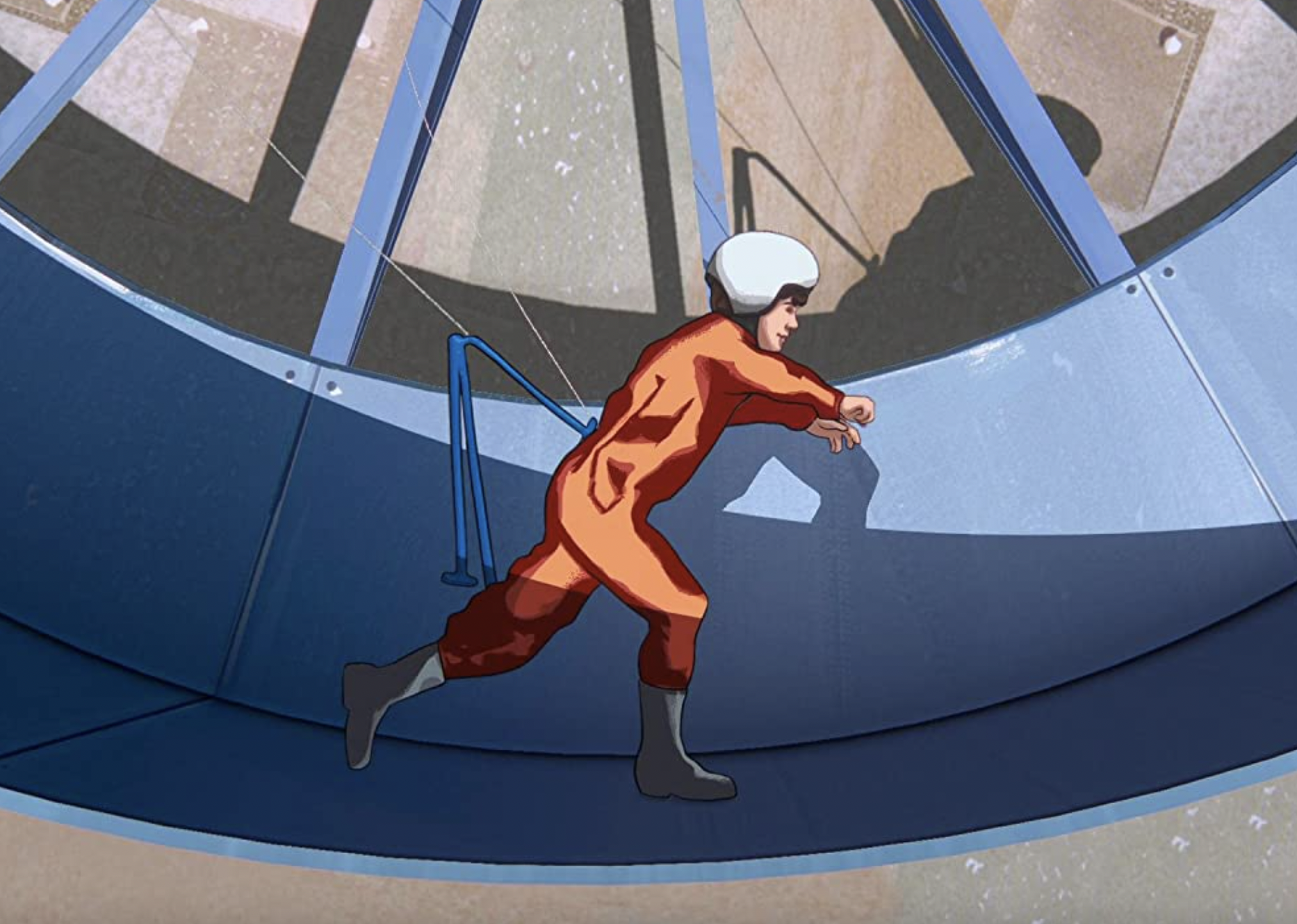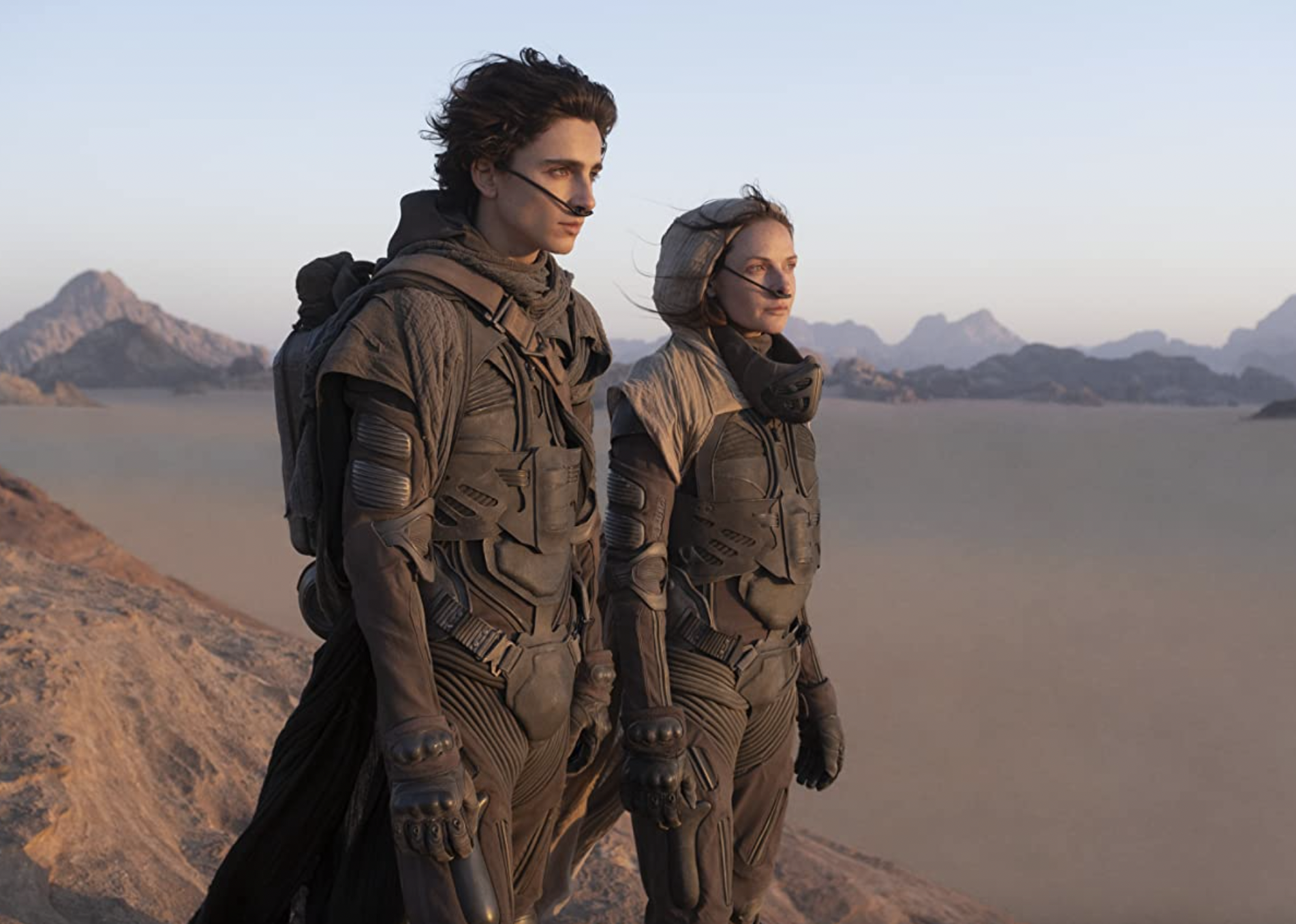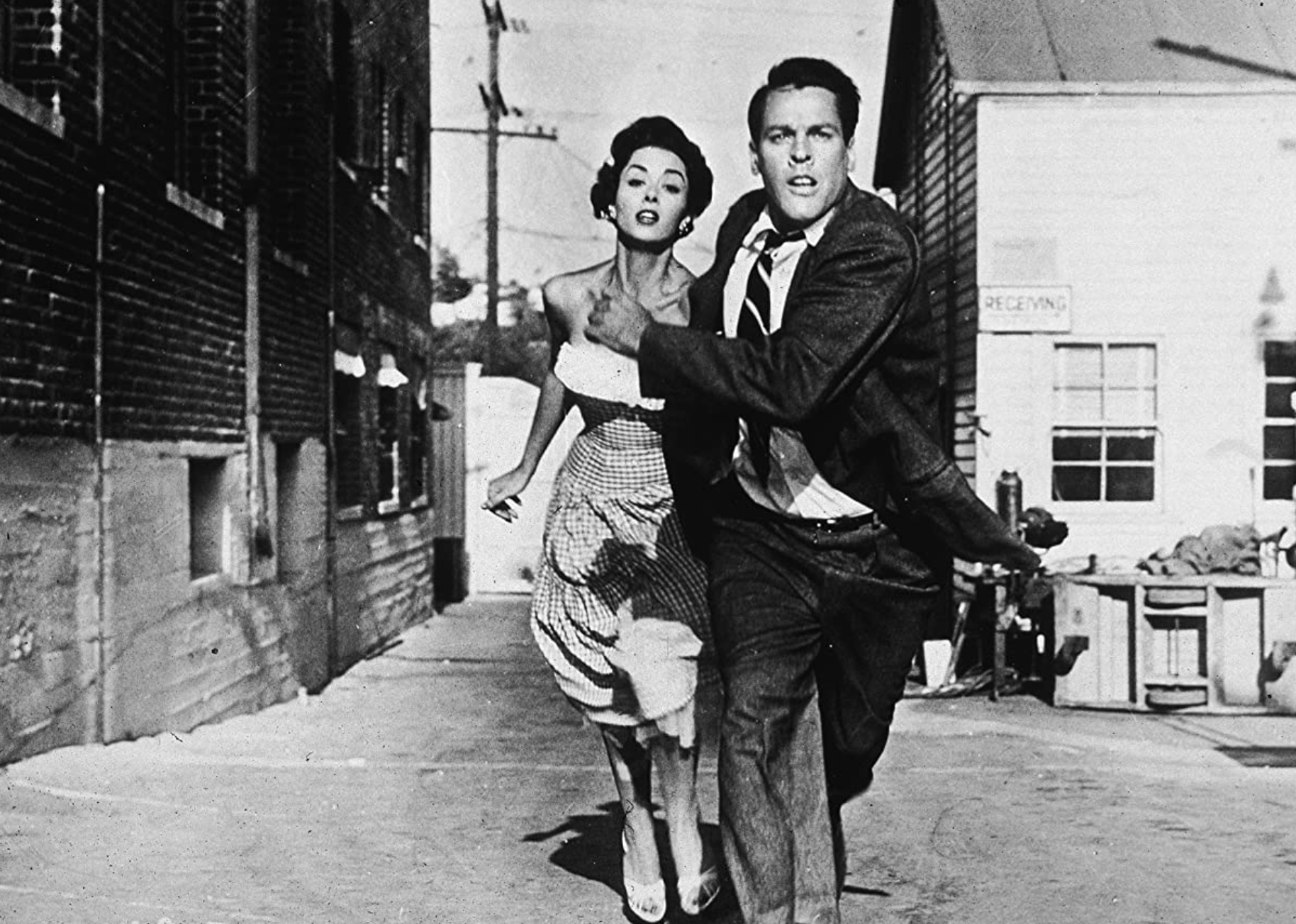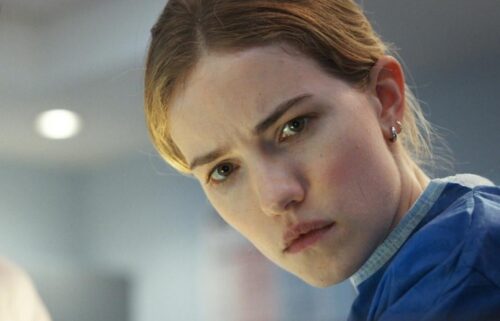50 best space movies of all time
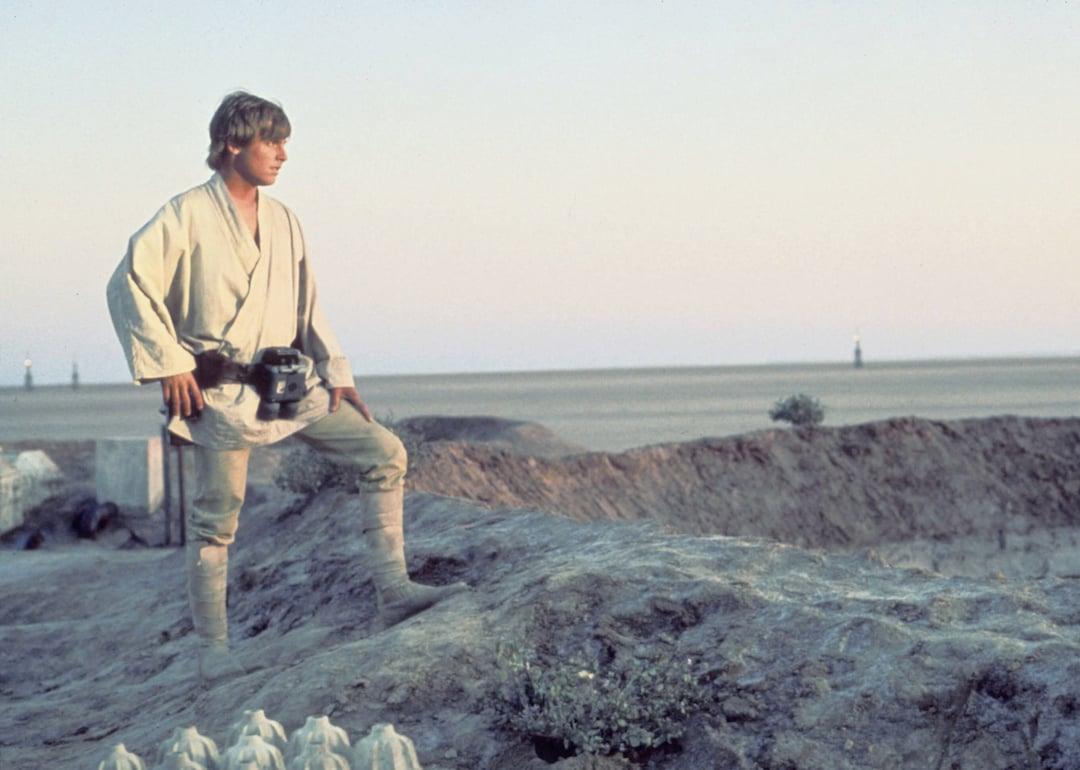
Sunset Boulevard // Corbis via Getty Images
50 best space movies of all time
American actor Mark Hamill as Luke Skywalker in “Star Wars: Episode IV – A New Hope.”
Space has always captured the imagination of artists with all of its potential and unknowability. The sheer number of space-themed and set-in-space movies released over the years is a prime example of this. From silly takes like “The Hitchhiker’s Guide to the Galaxy” to more serious stories like “First Man” to blockbusters like “Star Wars,” there are probably more space-adjacent films out there than you realize.
Here, Stacker compiled a list of the best space movies of all time as determined by the Stacker score, which equally weighs a film’s IMDb user score and Metascore (data from October 2020), so both critics’ and fans’ opinions are taken into account. To be considered for the list, a film needed over 2,500 IMDb votes and at least seven Metacritic reviews.
The films on this list include soaring space operas, faithful docudramas, gripping thrillers, and speculative musings, but they all deal with space to some degree. These films span the recent history of cinema, from 1956 to 2022, and thus a chronological progression can be observed, with the early successes influencing later films.
Though some movies got the dates wrong, many of the themes explored deal directly with our day-to-day lives. “Gattaca” explores the perils of the creation of so-called “designer babies.” “WALL-E,” “Blade Runner,” and “Planet of the Apes” muse on what will happen to the earth when humans destroy it. Several films take us back to one of humanity’s greatest scientific achievements—the moon landing—and the sheer amount of effort and creativity needed to accomplish such a feat. So read on to discover something new that will inspire and entertain.
You may also like: Most widely watched but universally hated movies of all time
![]()
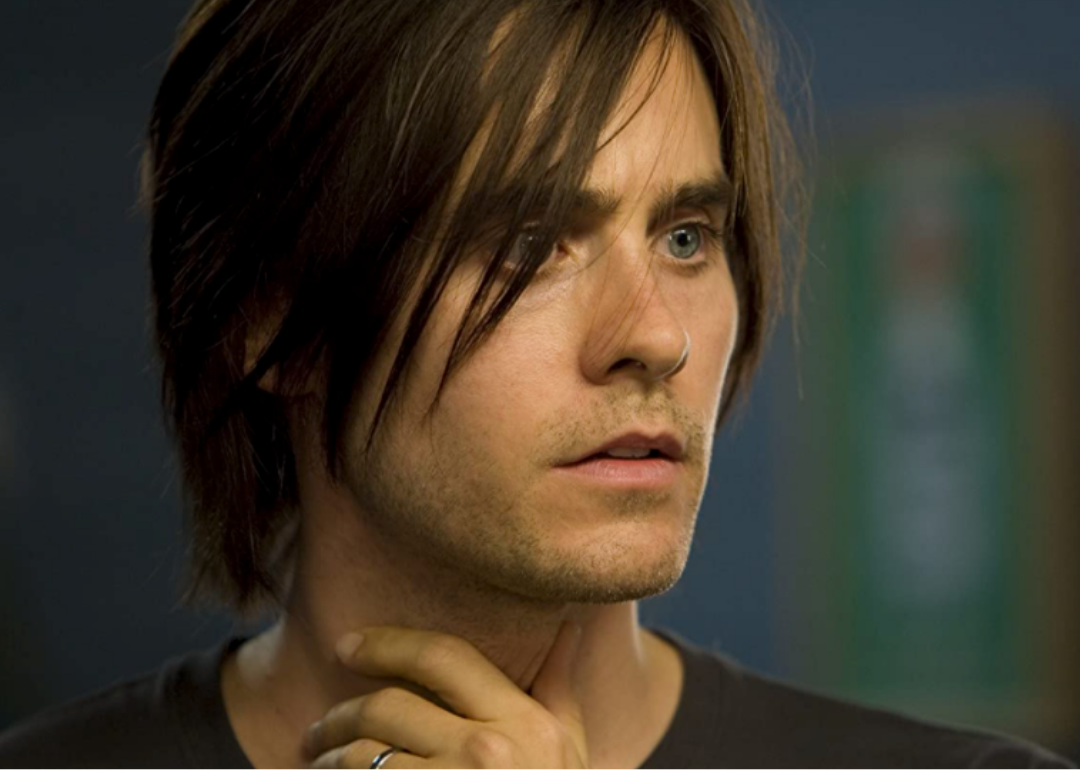
Pan Européenne
#50. Mr. Nobody (2009)
– Director: Jaco Van Dormael
– Stacker score: 78.8
– Metascore: 63
– IMDb user rating: 7.8
– Runtime: 141 minutes
This list comprises space movies—after all, that’s what you came for—but “Mr. Nobody” is one of a few time movies too. Jared Leto portrays the protagonist, Nemo Nobody, the last mortal left on Earth after everyone else achieves immortality through cellular regenerative technology. Though the movie largely takes place on Earth, Nemo, at points, writes a story about space travel to Mars, which is visually presented in gorgeous detail. At the 66th Venice International Film Festival, “Mr. Nobody” garnered the Golden Osella and the Biografilm Lancia Award.
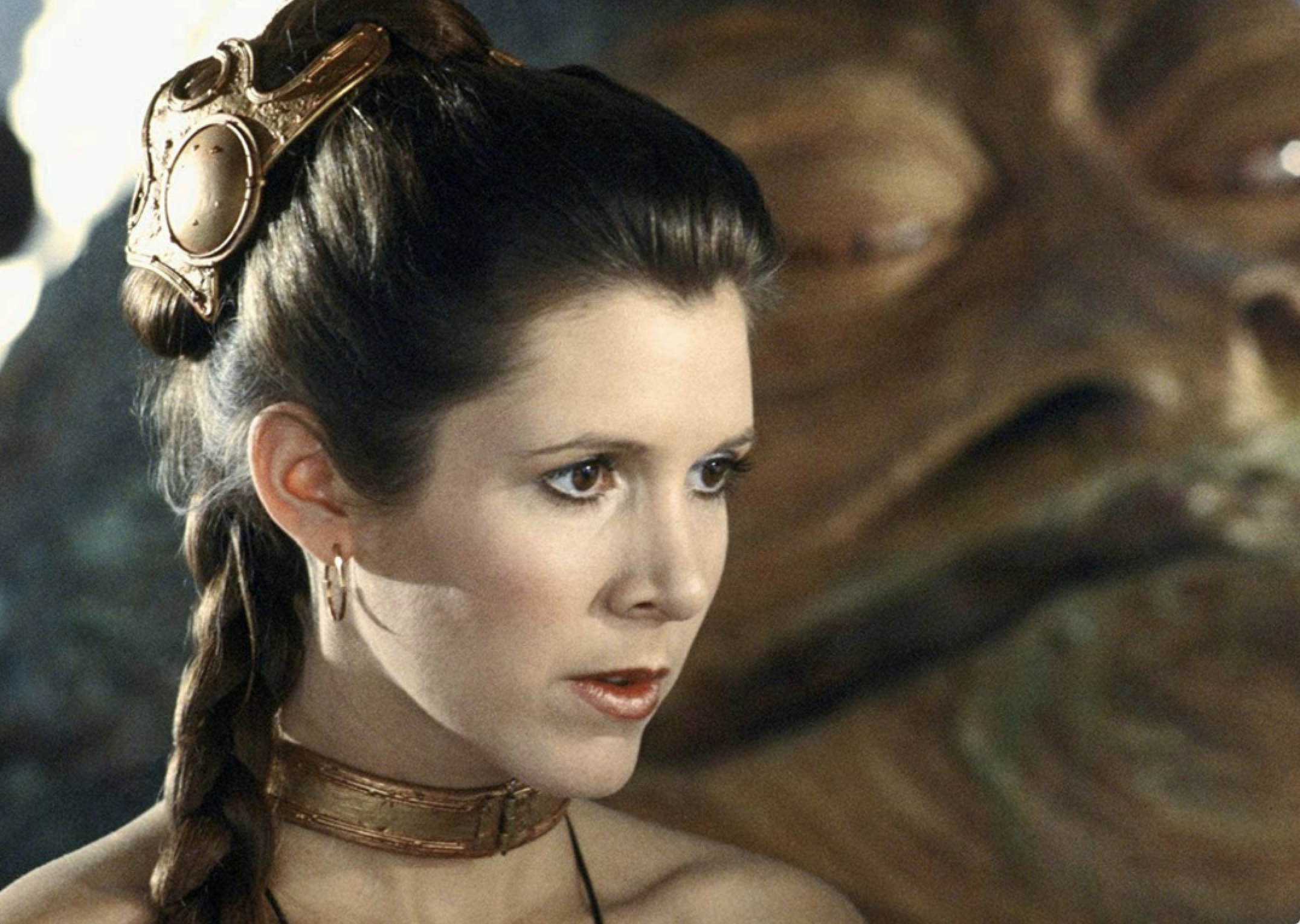
Lucasfilm
#49. Star Wars: Episode VI – Return of the Jedi (1983)
– Director: Richard Marquand
– Stacker score: 78.8
– Metascore: 58
– IMDb user rating: 8.3
– Runtime: 131 minutes
The original Star Wars trilogy will always be remembered for bringing blockbusters to Hollywood, with all its action, adventure, and exorbitant budgets. The third entry, “Return of the Jedi,” is generally considered by fans and critics to be the worst of the three, though it’s no less beloved than the first two. The Rebels, beaten time and time again, finally take their stand against the Empire as allegiances are tested and secrets are revealed. The movie took home the Special Achievement Academy Award in 1984.
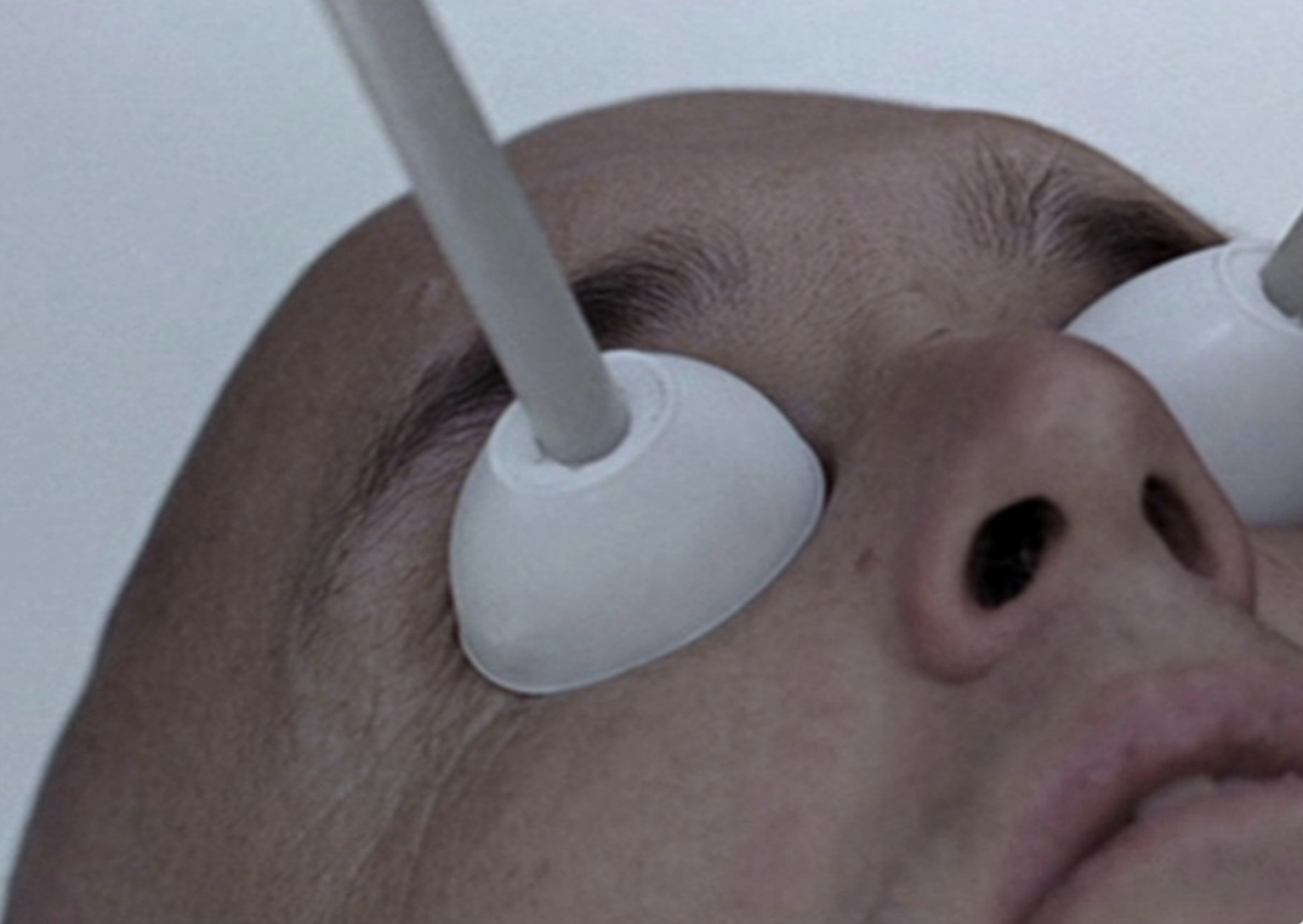
American Zoetrope
#48. THX 1138 (1971)
– Director: George Lucas
– Stacker score: 79.3
– Metascore: 75
– IMDb user rating: 6.7
– Runtime: 86 minutes
“THX 1138” was a failure. That is, until George Lucas gained notoriety for “Star Wars” and fans went back to watch his first film, which depicts a totalitarian dystopia controlled by mind-altering chemicals and an android police force. The title refers to the film’s protagonist (Robert Duvall); to encourage conformity, names are simply three initials and four digits. The movie garnered a nomination at the 1971 Cannes Film Festival from the International Federation of Film Critics in the Directors’ Fortnight section.
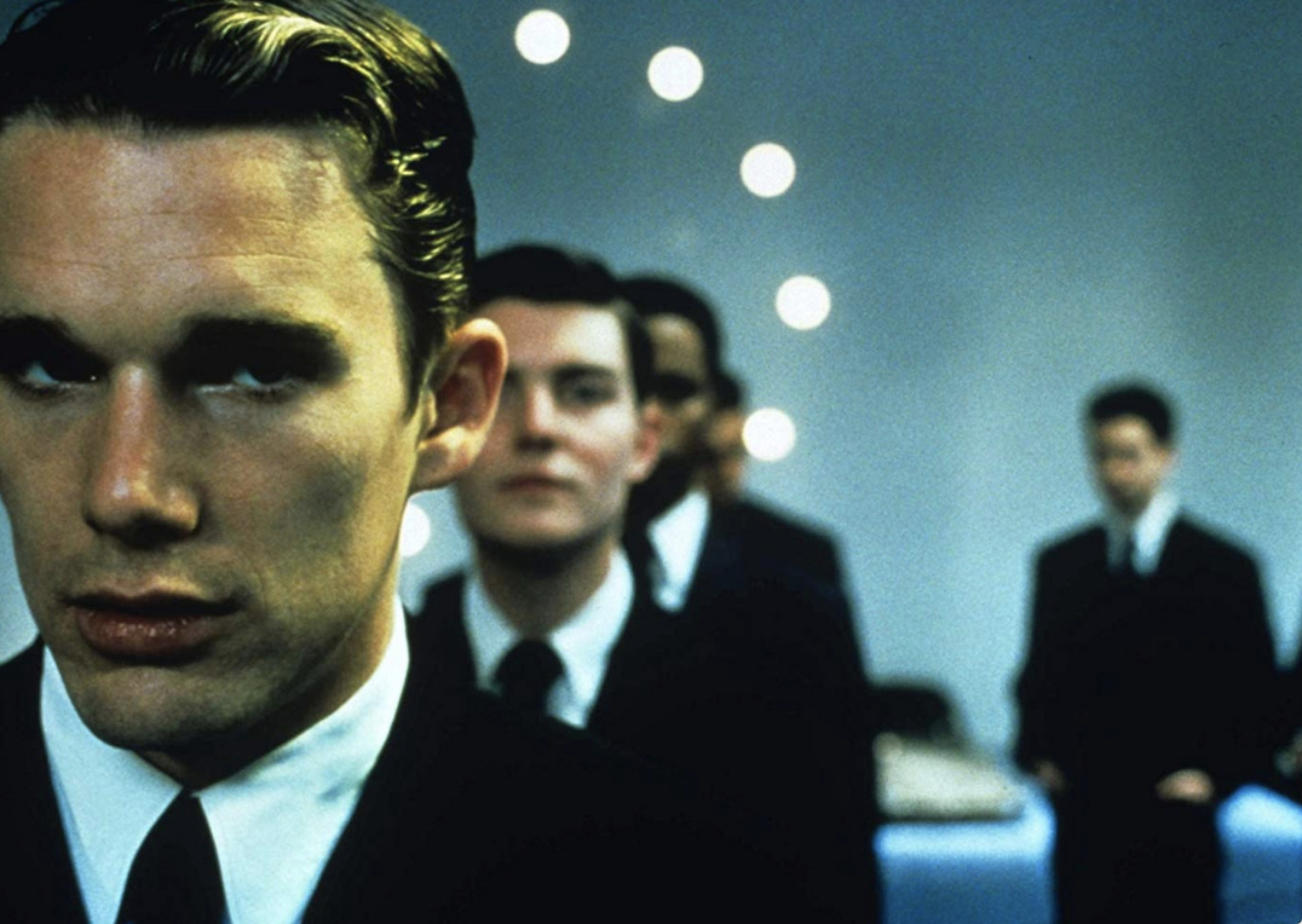
Columbia Pictures
#47. Gattaca (1997)
– Director: Andrew Niccol
– Stacker score: 79.3
– Metascore: 64
– IMDb user rating: 7.8
– Runtime: 106 minutes
Twenty-one years after the release of “Gattaca,” the scientific community was forced to confront an issue raised by the film: gene editing. Using CRISPR technology, scientists can now selectively edit portions of DNA in embryos, creating artificial resistance against diseases like HIV, smallpox, and cholera. Eventually, this technology could determine many human traits, from intelligence to eye color, exactly to the parents’ desire.
In the world of “Gattaca,” a man born naturally—without any genes edited—poses as another man to sidestep genetic discrimination and fulfill his dreams to travel to space, raising important questions about whether gene editing is just a novel form of eugenics. The film garnered many accolades, including nominations for the Academy Award for Best Art Direction and the Golden Globe Award for Best Original Score.
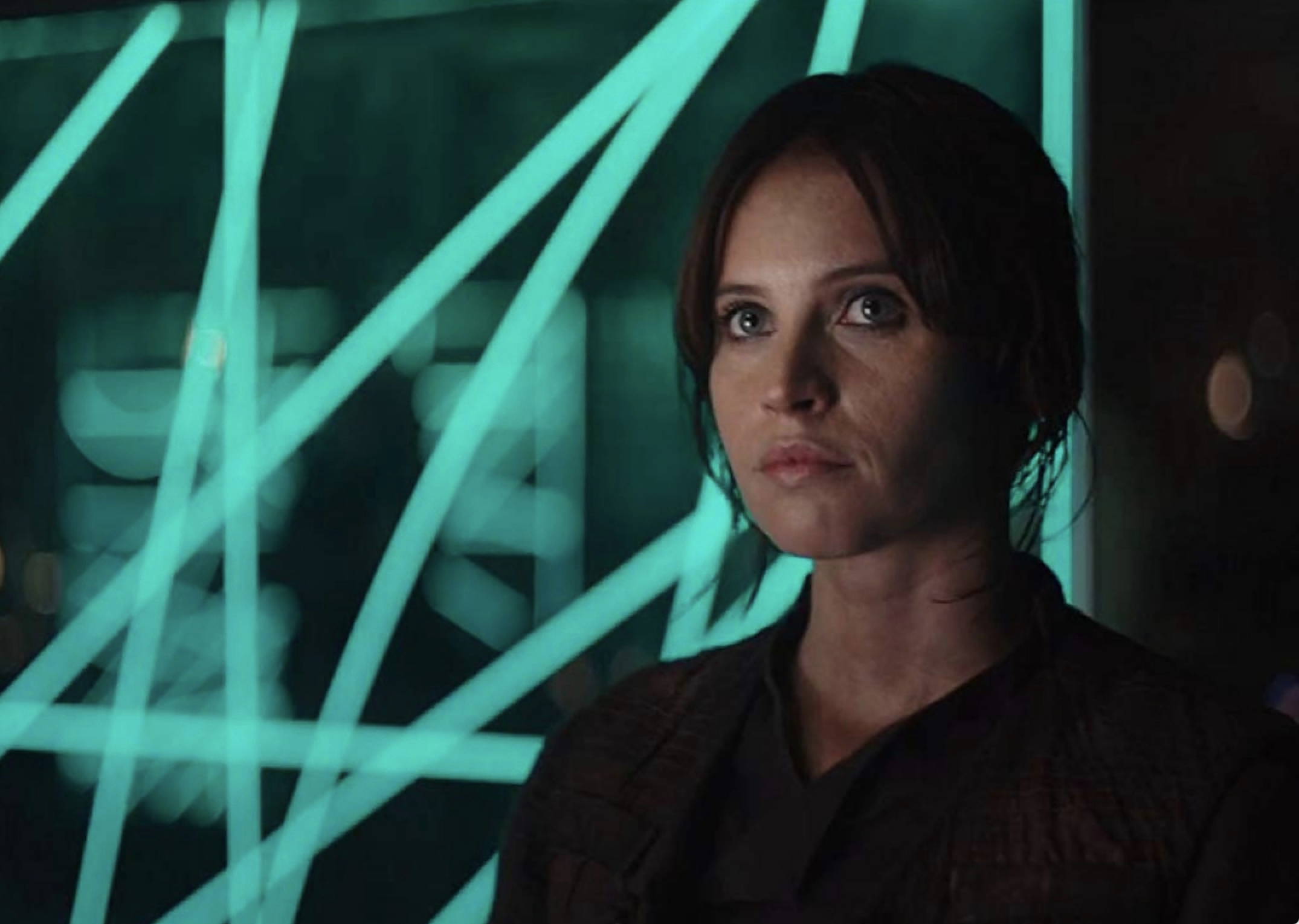
Lucasfilm
#46. Rogue One: A Star Wars Story (2016)
– Director: Gareth Edwards
– Stacker score: 79.9
– Metascore: 65
– IMDb user rating: 7.8
– Runtime: 133 minutes
Many fans found inconvenient truths (without revealing spoilers) at the end of “Star Wars: Episode IV – A New Hope” 39 years later; “Rogue One,” which takes place right before “Episode IV,” sets the stage for that famous climax, explaining the story behind how the heroic band of rebels was able to strike a decisive blow against the Empire. The first “Star Wars” film to be set outside the three major trilogies, “Rogue One” was played for its no-holds-barred action, fast-paced storyline, and memorable cameos from beloved characters. The movie also received two Academy Award nominations for Best Sound Mixing and Best Visual Effects.
You may also like: Top 25 LGBTQ+ films, according to critics
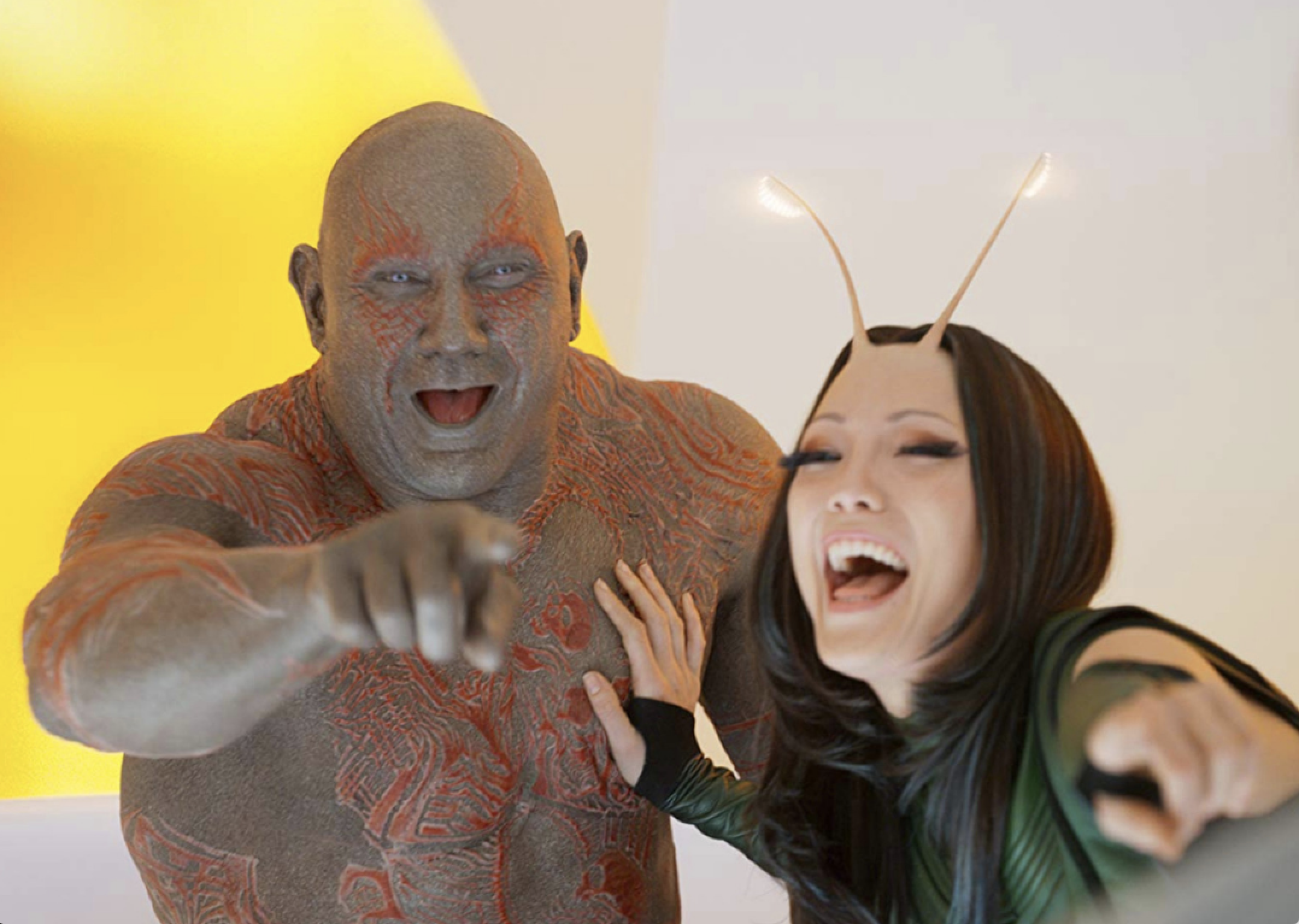
Marvel Studios
#45. Guardians of the Galaxy Vol. 2 (2017)
– Director: James Gunn
– Stacker score: 79.9
– Metascore: 67
– IMDb user rating: 7.6
– Runtime: 136 minutes
Until 2014’s “Guardians of the Galaxy,” the films of the Marvel Cinematic Universe were mostly confined to Earth, with a few sojourns to Asgard with Thor. However, like its predecessor, which appears further down this list, “Guardians of the Galaxy Vol. 2” is set entirely in space, where Chris Pratt’s Peter “Star-Lord” Quill was raised following his childhood abduction from Earth. With only retro songs to remember his home planet by, Star-Lord searches for answers with his band of reluctant heroes, among them a talking raccoon and a sentient tree. The film’s sequel, “Guardians of the Galaxy Vol. 3,” is set to release in 2023.
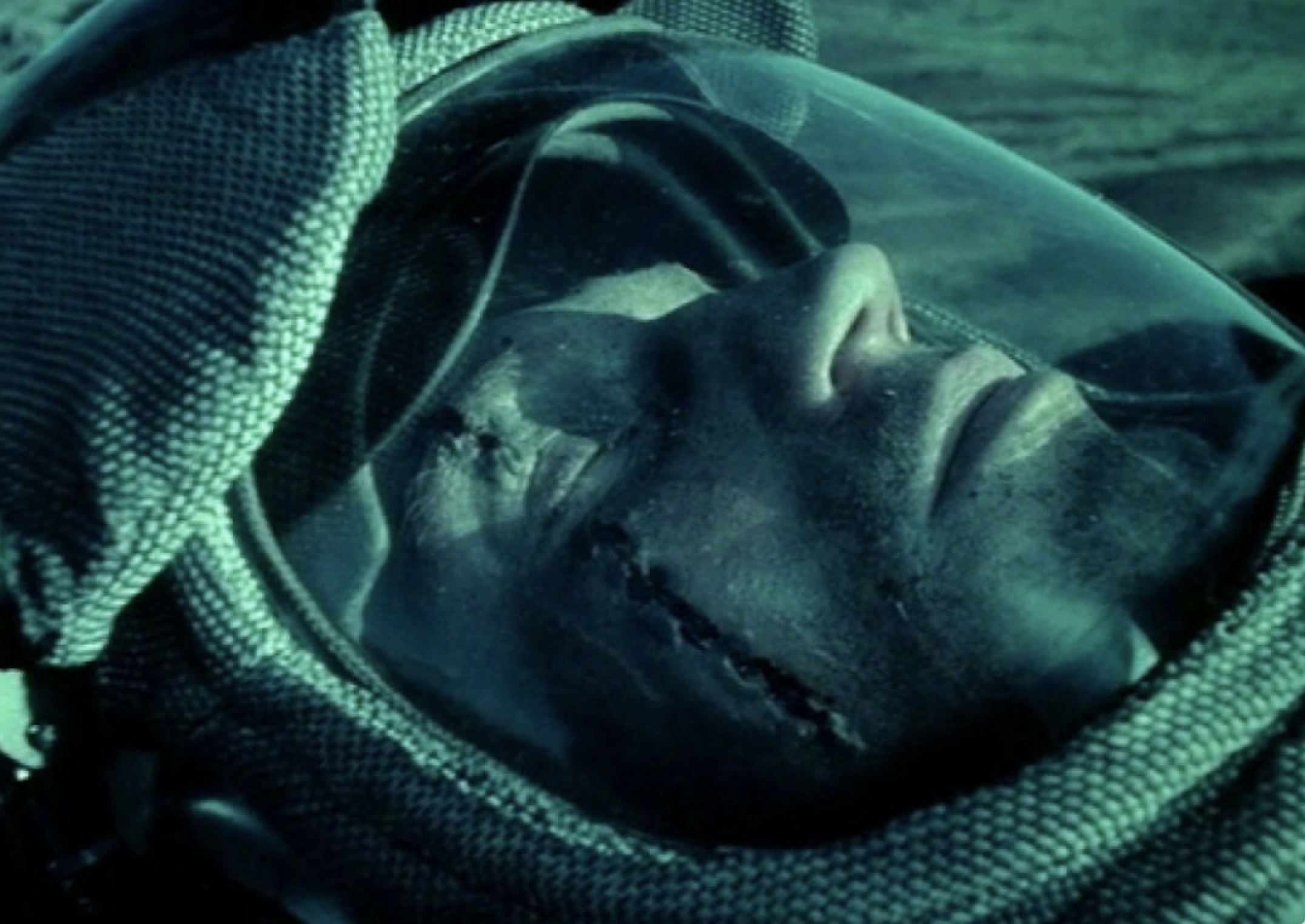
Zespól Filmowy “Kadr”
#44. On the Silver Globe (1988)
– Director: Andrzej Zulawski
– Stacker score: 80.4
– Metascore: 72
– IMDb user rating: 7.2
– Runtime: 166 minutes
Based on the novel of the same title by Jerzy Żuławski, a Polish novelist famous for his Lunar trilogy, of which “Silver Globe” is the first, this film sees a stranded group of astronauts start a new civilization on an alien planet. With detailed costumes and exquisite sets, this film confronts themes of religion and custom. In all, “Silver Globe” is an incredibly ambitious work, with stunning, visionary production. The movie earned Andrzej Żuławski the Best Film award at the Fantasporto film festival in 1988.
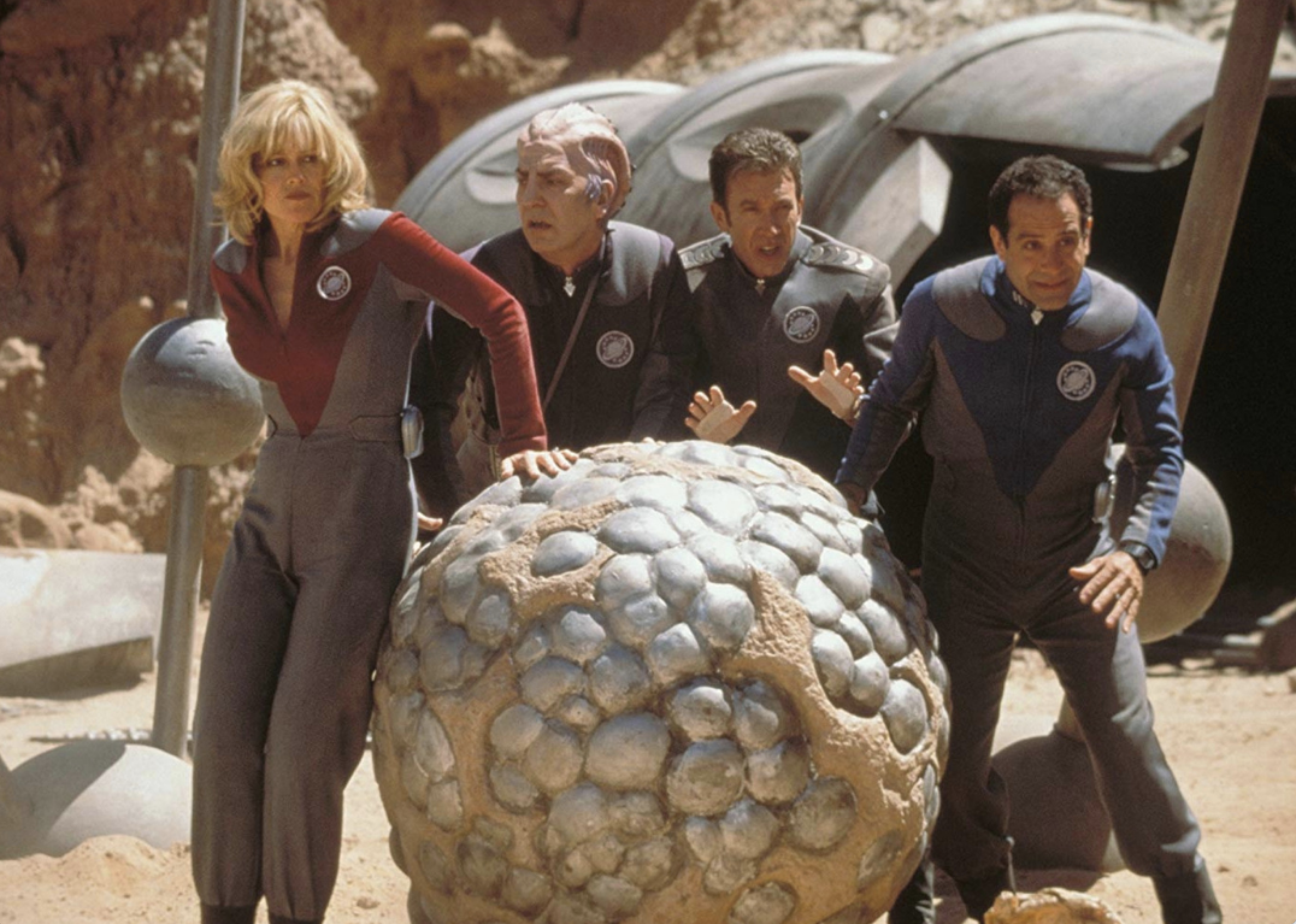
Paramount
#43. Galaxy Quest (1999)
– Director: Dean Parisot
– Stacker score: 80.4
– Metascore: 70
– IMDb user rating: 7.4
– Runtime: 102 minutes
What does Sigourney Weaver do after finally escaping from the aliens in “Alien” and “Aliens”? Poke fun at another staple of the sci-fi genre in “Galaxy Quest,” a transparent but nonetheless hilarious send-up of “Star Trek” and its fans. Also starring Tim Allen, Alan Rickman, Tony Shalhoub, Sam Rockwell, and Daryl Mitchell, this cult classic is beloved by the very fans it made fun of, a surefire mark of a great film. The movie earned Allen the Best Actor award at the Saturn Awards in 2000.
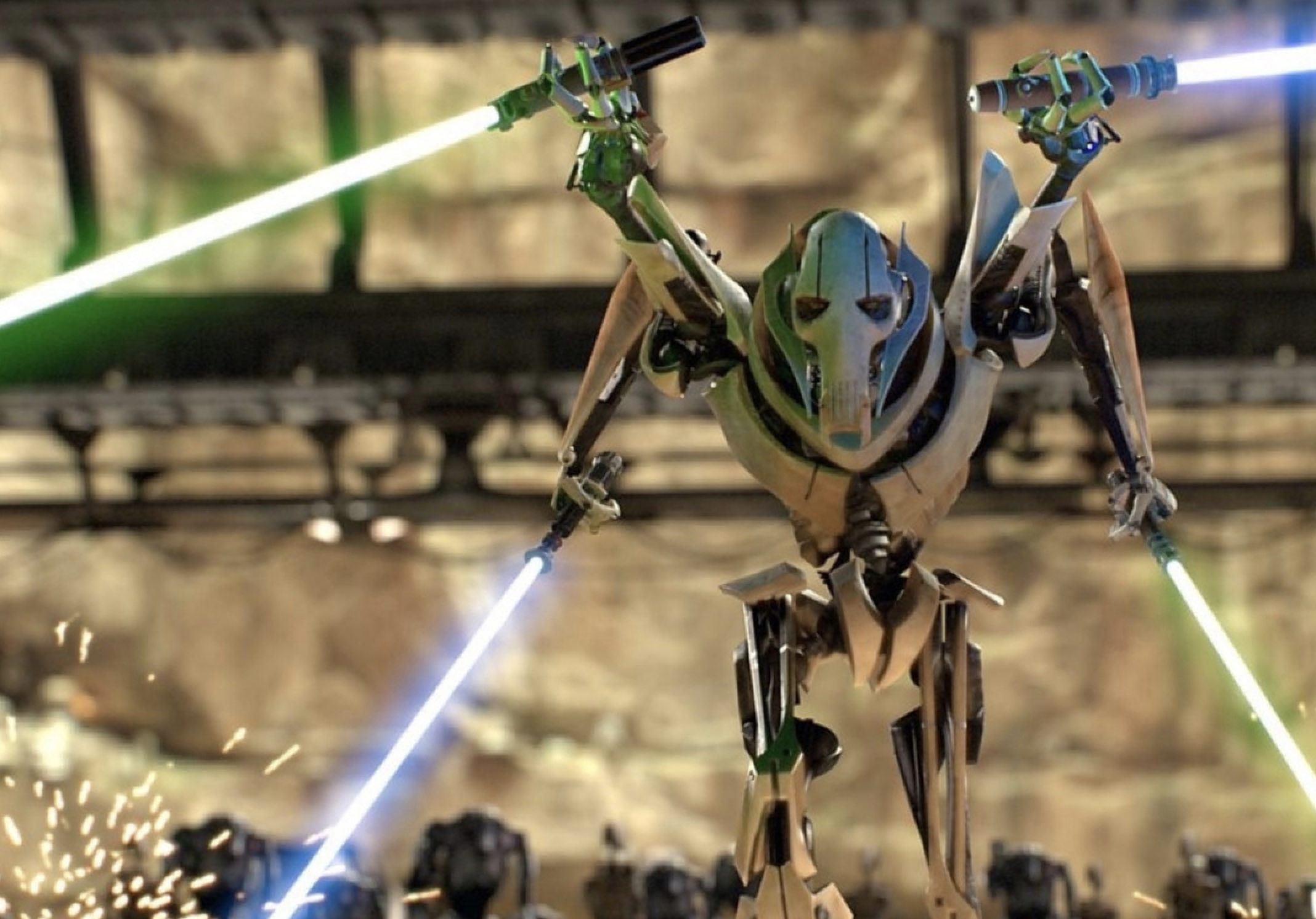
Lucasfilm
#42. Star Wars: Episode III – Revenge of the Sith (2005)
– Director: George Lucas
– Stacker score: 80.4
– Metascore: 68
– IMDb user rating: 7.6
– Runtime: 140 minutes
Though the trilogy of films that served as prequels to “Star Wars: Episode IV” generated ire from fans and critics alike, there’s a lot to enjoy in “Revenge of the Sith,” in which Anakin Skywalker must choose between the light side of the Jedi and the dark power of the Sith. Though the romance between Hayden Christensen’s Anakin and Natalie Portman’s Padmé is… unconvincing, the twists and turns are exciting enough to watch that they’ve now been immortalized as viral memes. With a whopping $50 million turnout, the movie still holds the record for the highest opening-day gross on a Thursday.
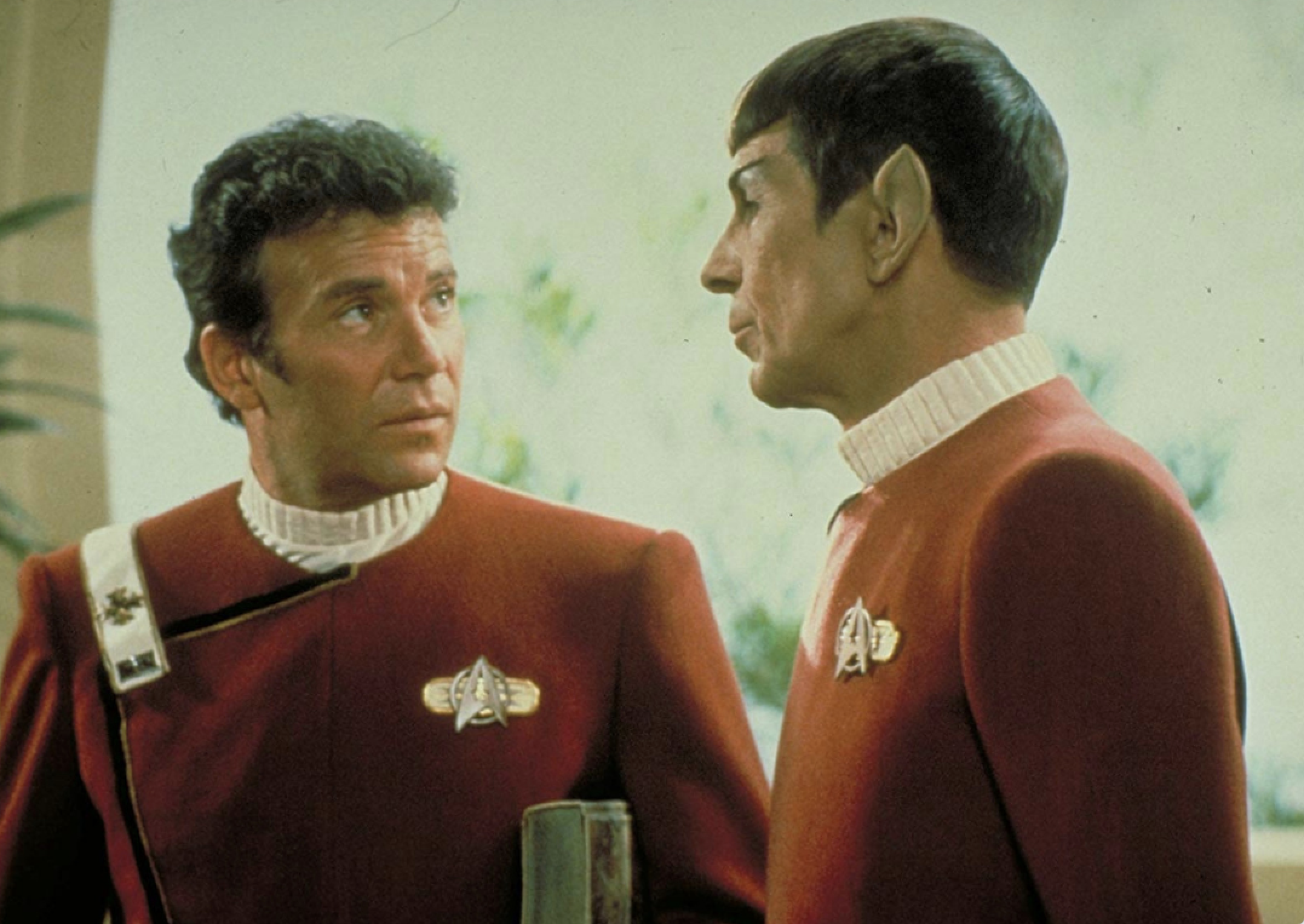
Paramount
#41. Star Trek II: The Wrath of Khan (1982)
– Director: Nicholas Meyer
– Stacker score: 81.0
– Metascore: 68
– IMDb user rating: 7.7
– Runtime: 113 minutes
Nowadays, with the ubiquity of computer-generated images, or CGI, in blockbuster cinemas, it’s charming to remember when carefully painted miniatures and fireworks explosions comprised much of what we consider “special effects.” “The Wrath of Khan,” the first film to have a sequence comprised entirely of CGI, was a harbinger of this new era. Beloved by fans, William Shatner’s James Tiberius Kirk leads a war against Khan, who has sworn revenge on the Starship Enterprise, in this classic space opera. George Takei, James Doohan, and Leonard Nimoy also co-star in the film.
You may also like: 100 best international movies of all time
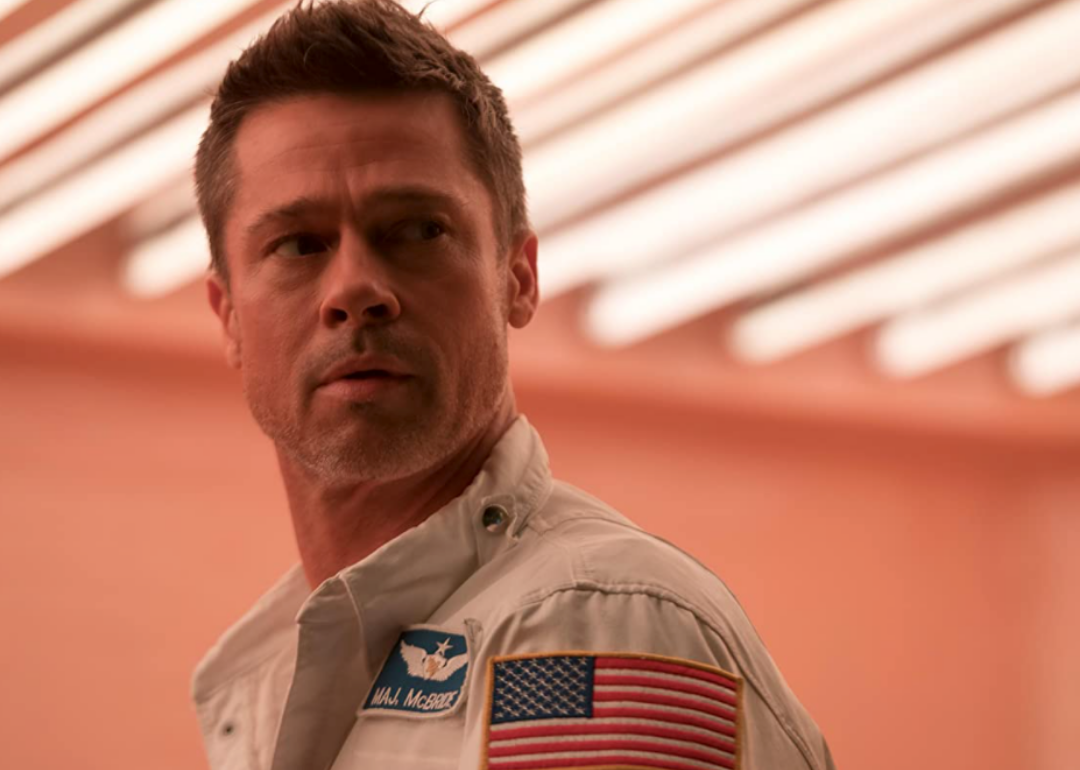
New Regency Productions
#40. Ad Astra (2019)
– Director: James Gray
– Stacker score: 81.0
– Metascore: 80
– IMDb user rating: 6.5
– Runtime: 123 minutes
In “Ad Astra,” James Gray set out to present a realistic depiction of space travel, coining the term “science future fact” to describe his vision of interplanetary travel rooted in science. The psychological drama, which tells the story of an astronaut (Brad Pitt) who sets out to discover the truth about his missing father (Tommy Lee Jones), does that and so much more. Contemplative and loaded with meaning, the movie also asks big questions about the existence and role of god. The Brad Pitt starrer received an Academy Award nomination for Best Sound Mixing in 2020.
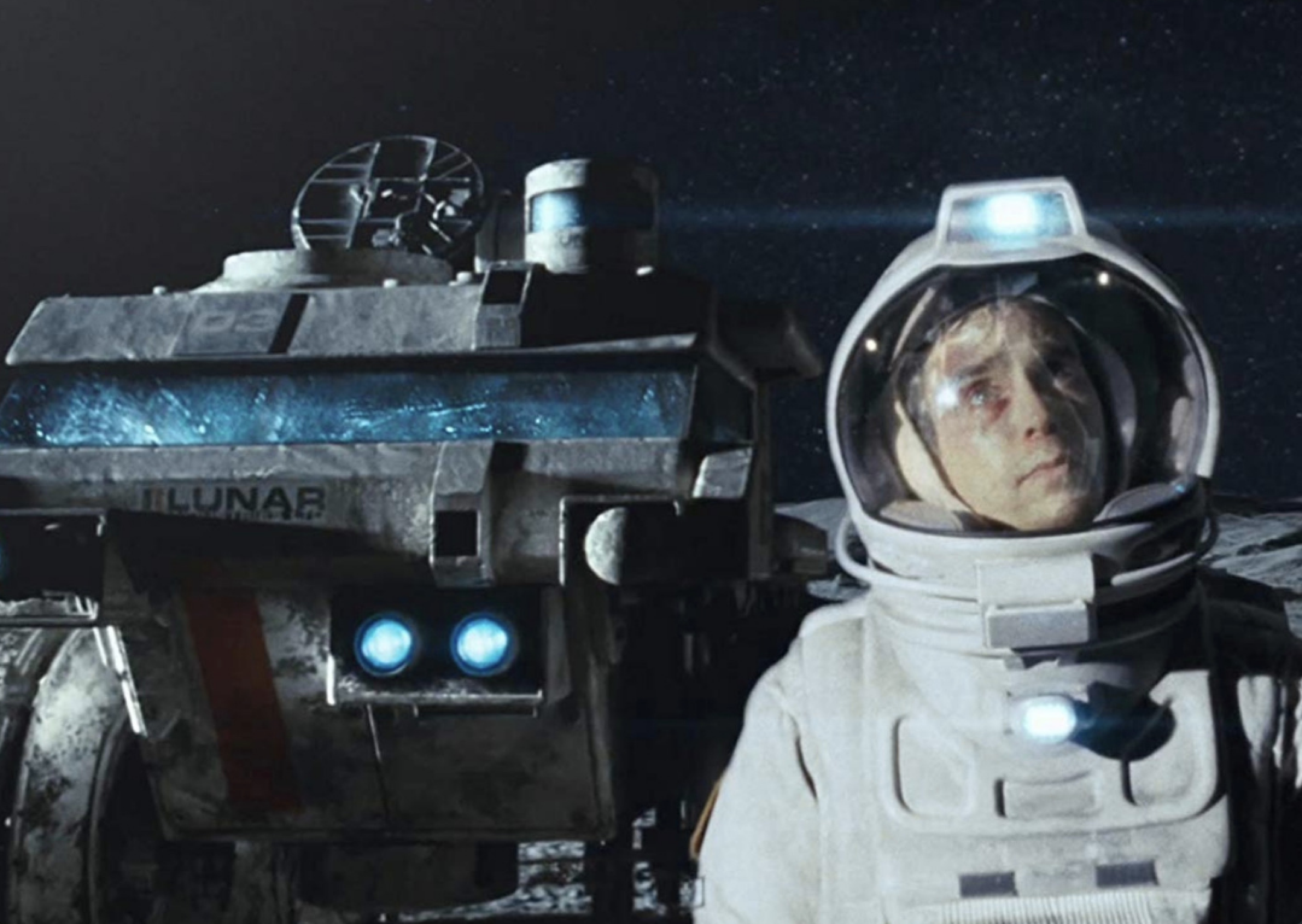
Sony Pictures Classics
#39. Moon (2009)
– Director: Duncan Jones
– Stacker score: 81.0
– Metascore: 67
– IMDb user rating: 7.8
– Runtime: 97 minutes
Many sci-fi movies have grand sets, impressive special effects, and daring heroes; others use the context of sci-fi to explore the human condition. That’s the case with “Moon,” which sees Sam Rockwell as a lonely helium-3 miner on the far side of the moon, cut off from human contact for three years as he works. When he begins to suffer hallucinations, not even the viewer can tell what’s real and what’s imagined. “Moon” received plenty of accolades, taking home the Hugo Award for Best Dramatic Presentation in 2010 and garnering a nomination for the BAFTA Award for Best British Film.
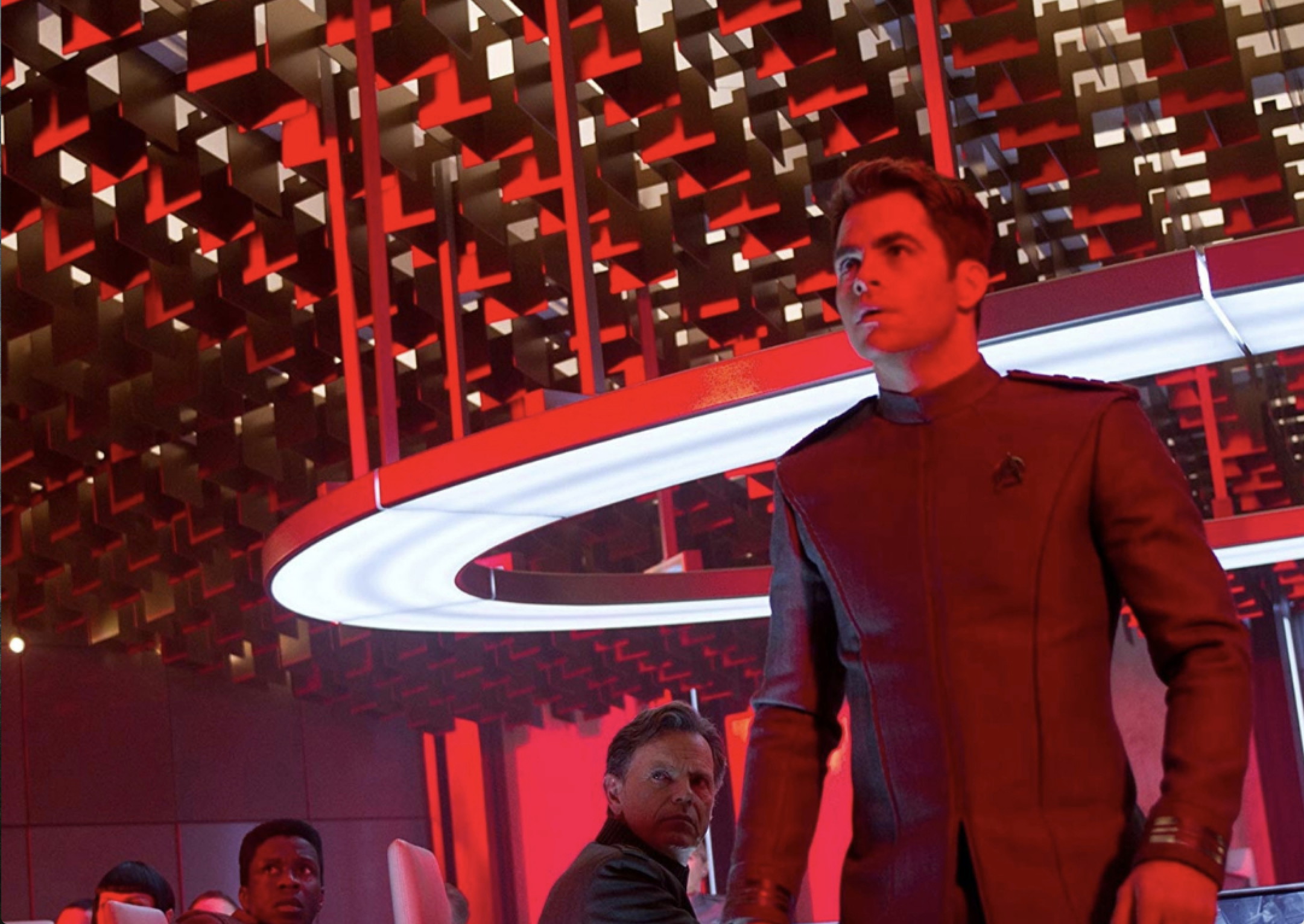
Paramount Pictures
#38. Star Trek Into Darkness (2013)
– Director: J.J. Abrams
– Stacker score: 83.2
– Metascore: 72
– IMDb user rating: 7.7
– Runtime: 132 minutes
The sequel to J.J. Abrams’ warmly received 2009 “Star Trek” reboot, “Into Darkness,” sees the same crew headed by Chris Pine’s James T. Kirk in a new adventure, tracking a mysterious villain (Benedict Cumberbatch) in a sneering, intense performance. With all the thrills and twists of the original “Star Trek” television series with the blockbuster budget of an Abrams flick, “Into Darkness” is a solid entry into the space-opera canon. The movie even earned a Best Visual Effects nomination at the 86th Academy Awards.
Minnow Mountain
#37. Apollo 10½: A Space Age Childhood (2022)
A scene from the animated film “Apollo 10½: A Space Age Childhood.”
– Director: Richard Linklater
– Stacker score: 84.4
– Metascore: 79
– IMDb user rating: 7.2
– Runtime: 97 minutes
Loosely based on the real-life experiences of multihyphenate Richard Linklater, “Apollo 10½: A Space Age Childhood” tells the story of the 1969 moon landing from two perspectives—the crew aboard Apollo 11 and a fourth grader obsessed with imagining being the first man on the moon. The movie, like several of Linklater’s other projects, is animated. Still, the process by which that animation was done—scenes were shot with real actors in front of green screens first, then converted to animation—gives it a much more realistic feel than your typical Saturday morning cartoon.
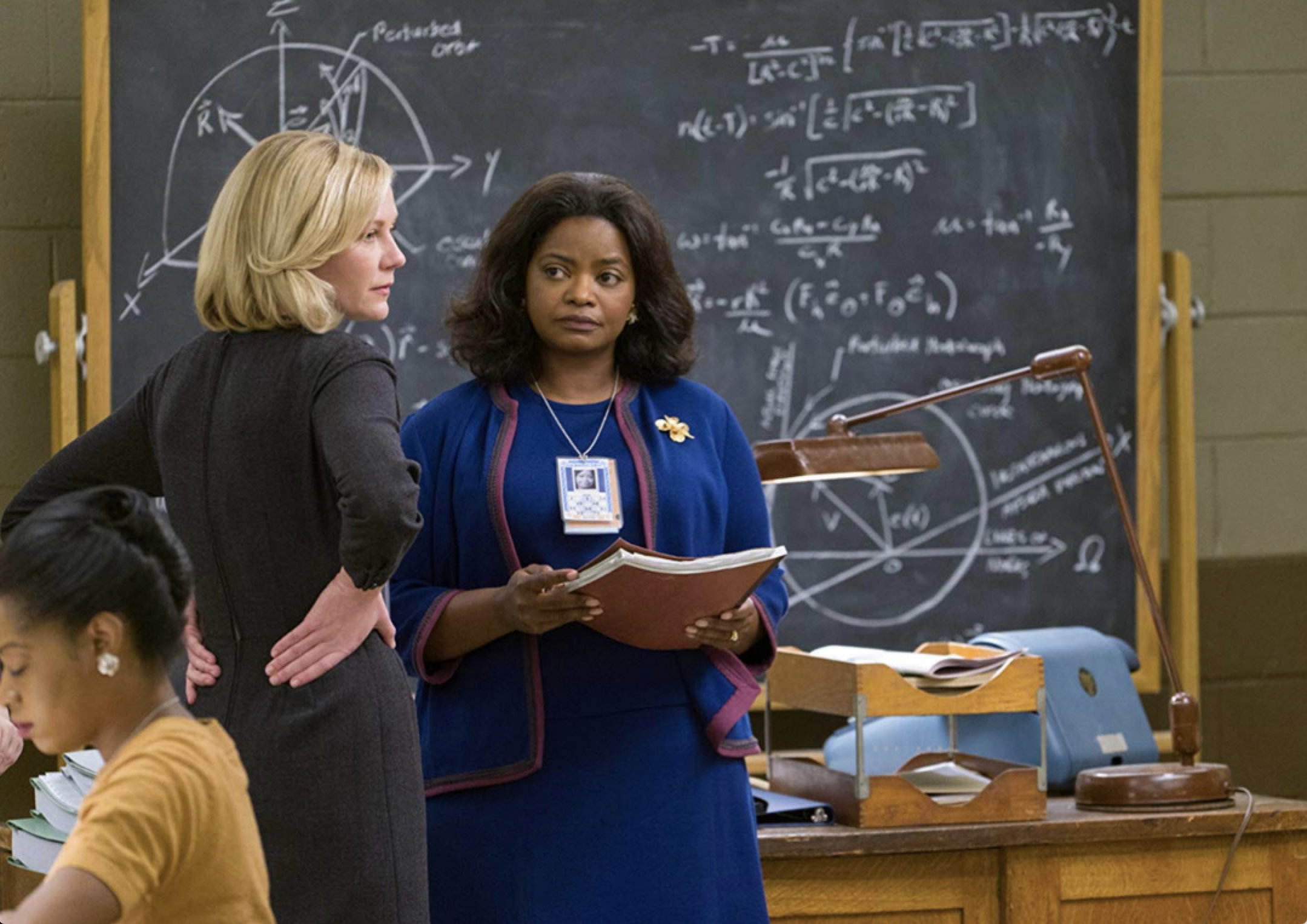
Twentieth Century Fox
#36. Hidden Figures (2016)
– Director: Theodore Melfi
– Stacker score: 84.9
– Metascore: 74
– IMDb user rating: 7.8
– Runtime: 127 minutes
Everyone remembers where they were when Neil Armstrong walked on the moon. Fewer people remember—or ever knew about—the groundbreaking scientists and mathematicians who made that walk possible, many being women of color, during a time when segregation was still enforced. Led by stirring performances from Taraji P. Henson, Janelle Monáe, and Octavia Spencer, among others, “Hidden Figures” is a heartwarming story about overcoming obstacles both on the ground and in the air. Apart from earning a Best Picture nomination at the 89th Academy Awards, the blockbuster took home the Screen Actors Guild Award for Outstanding Performance by a Cast in a Motion Picture.
You may also like: Mistakes from the 50 best movies of all time
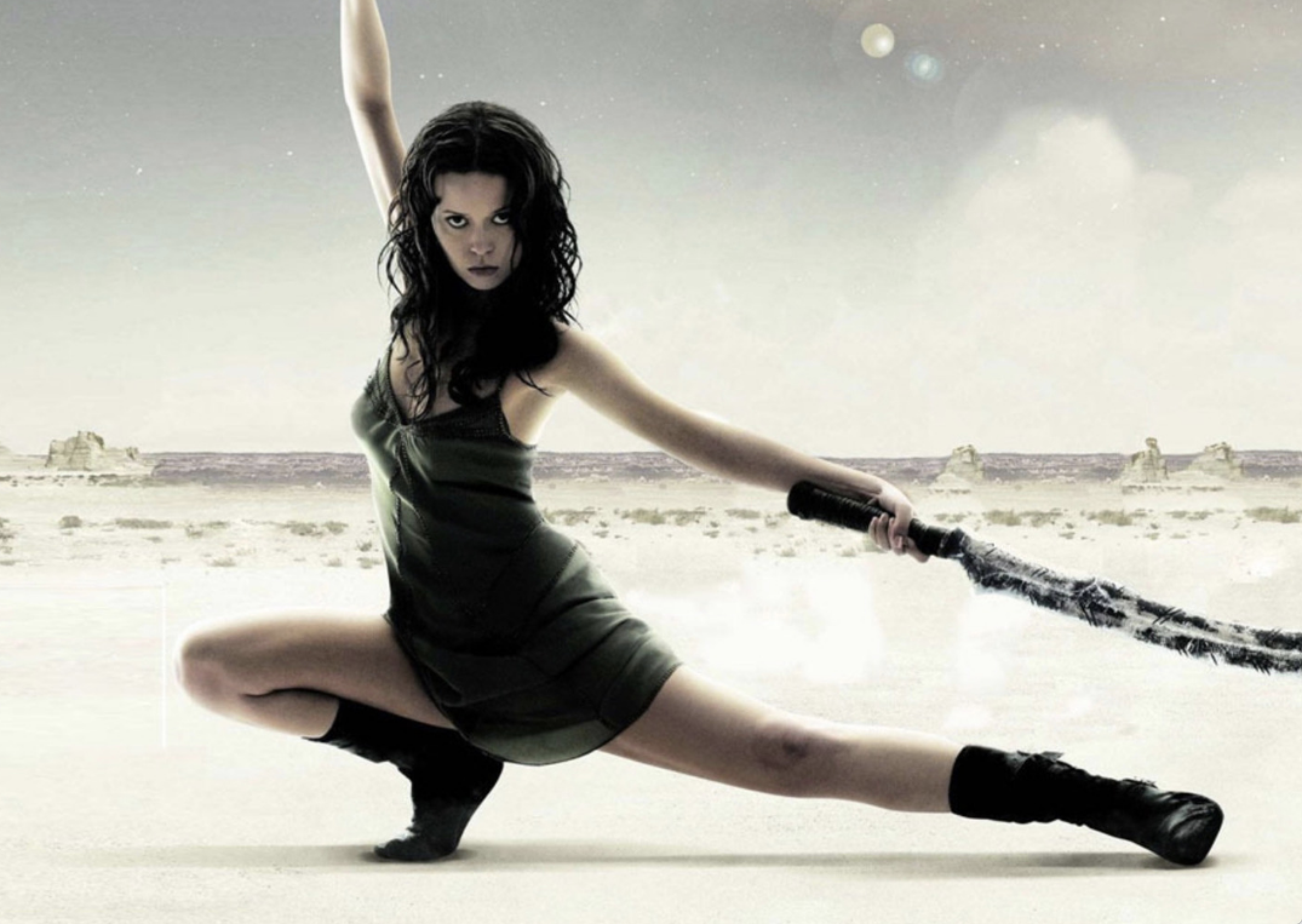
Universal Pictures
#35. Serenity (2005)
– Director: Joss Whedon
– Stacker score: 84.9
– Metascore: 74
– IMDb user rating: 7.8
– Runtime: 119 minutes
Not to be confused with the astoundingly awful 2019 film by the same title, 2005’s “Serenity” is a final love letter to the series “Firefly,” which follows the crew of the spaceship Serenity. Though the television series failed with audiences, a passionate cult of Joss Whedon fans convinced Universal Studios to bankroll a film meant to wrap up unresolved threads, which fans were overall pleased with. Despite its underwhelming performance at the box office, the film received the Hugo Award for Best Dramatic Presentation and the Best Script Nebula Award.
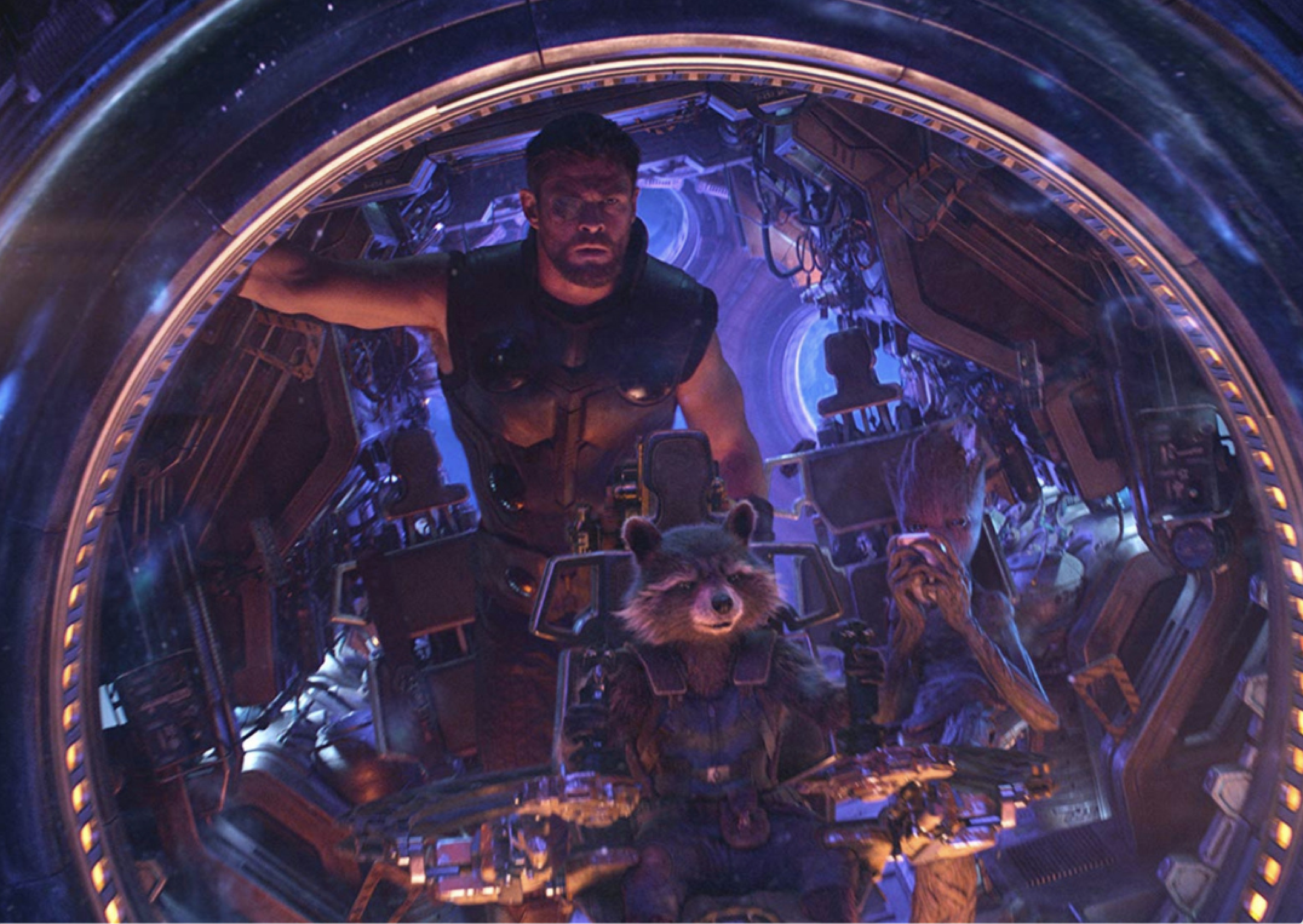
Marvel Studios
#34. Avengers: Infinity War (2018)
– Directors: Anthony Russo, Joe Russo
– Stacker score: 84.9
– Metascore: 68
– IMDb user rating: 8.4
– Runtime: 149 minutes
After 18 films and 10 years, the beginning of the final climax of the Marvel Cinematic Universe arrived, along with Josh Brolin’s Thanos, the most terrifying villain our heroes have ever faced. With Thanos intent on tracking down the infinity stones, mystical objects capable of immense power, with the goal of eliminating half of all life in the universe, the Avengers set out across space to stop him. The film is one of the highest-grossing films of all time worldwide and in the United States and Canada.
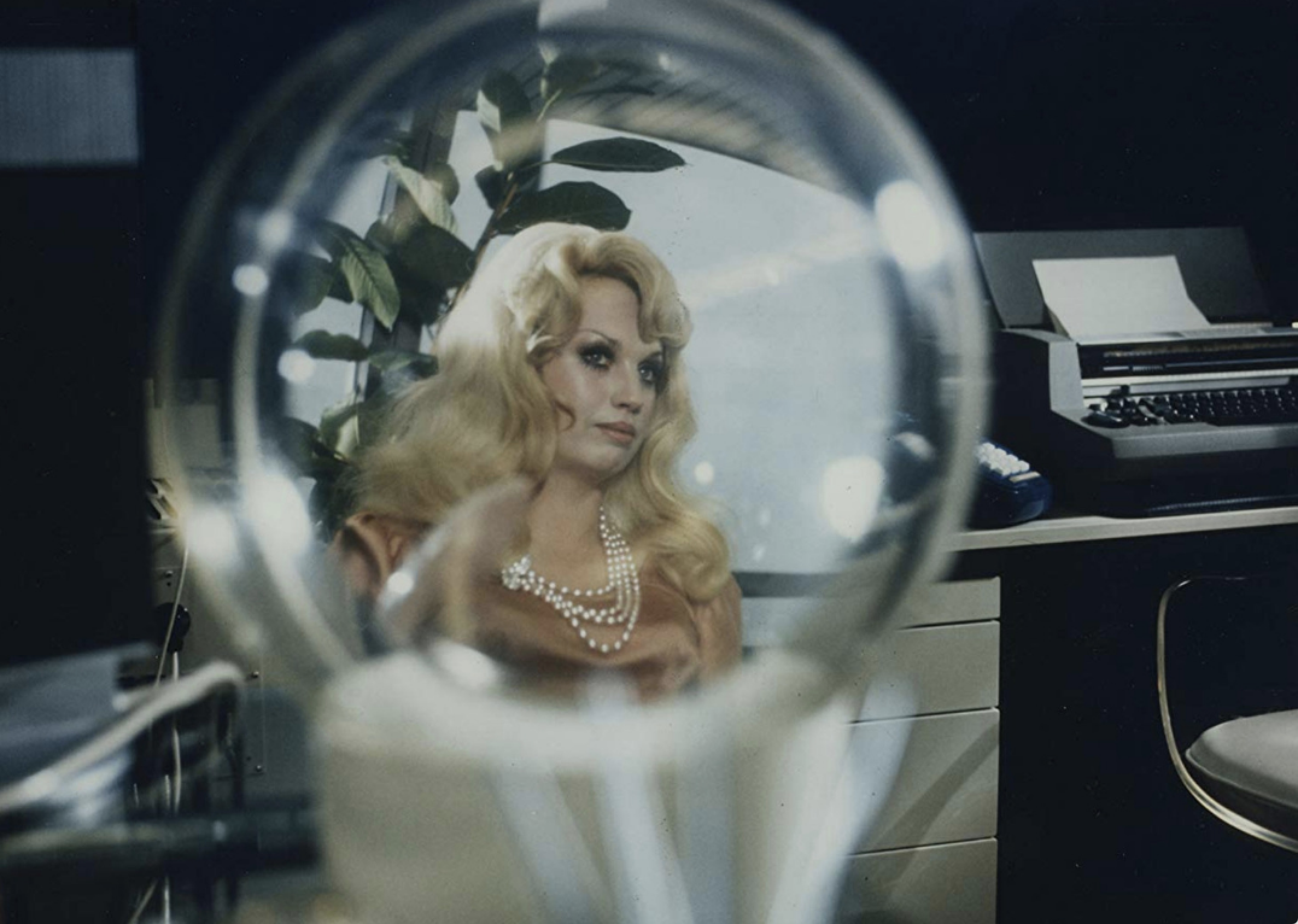
Westdeutscher Rundfunk
#33. World on a Wire (1973)
– Director: Rainer Werner Fassbinder
– Stacker score: 85.5
– Metascore: 76
– IMDb user rating: 7.7
– Runtime: 212 minutes
A topic that has recently encouraged discussion among philosophers, scientists, and one intrepid tech entrepreneur is that of humanity’s existence. Are we real? Or are we living in a simulation? Some believe there’s an infinitesimal probability that we’re simulated humans, given how close we are to creating simulated societies ourselves. That question is probed by “World on a Wire,” a two-part miniseries made for German television, that predates later films like “The Matrix,” which explores similar themes.
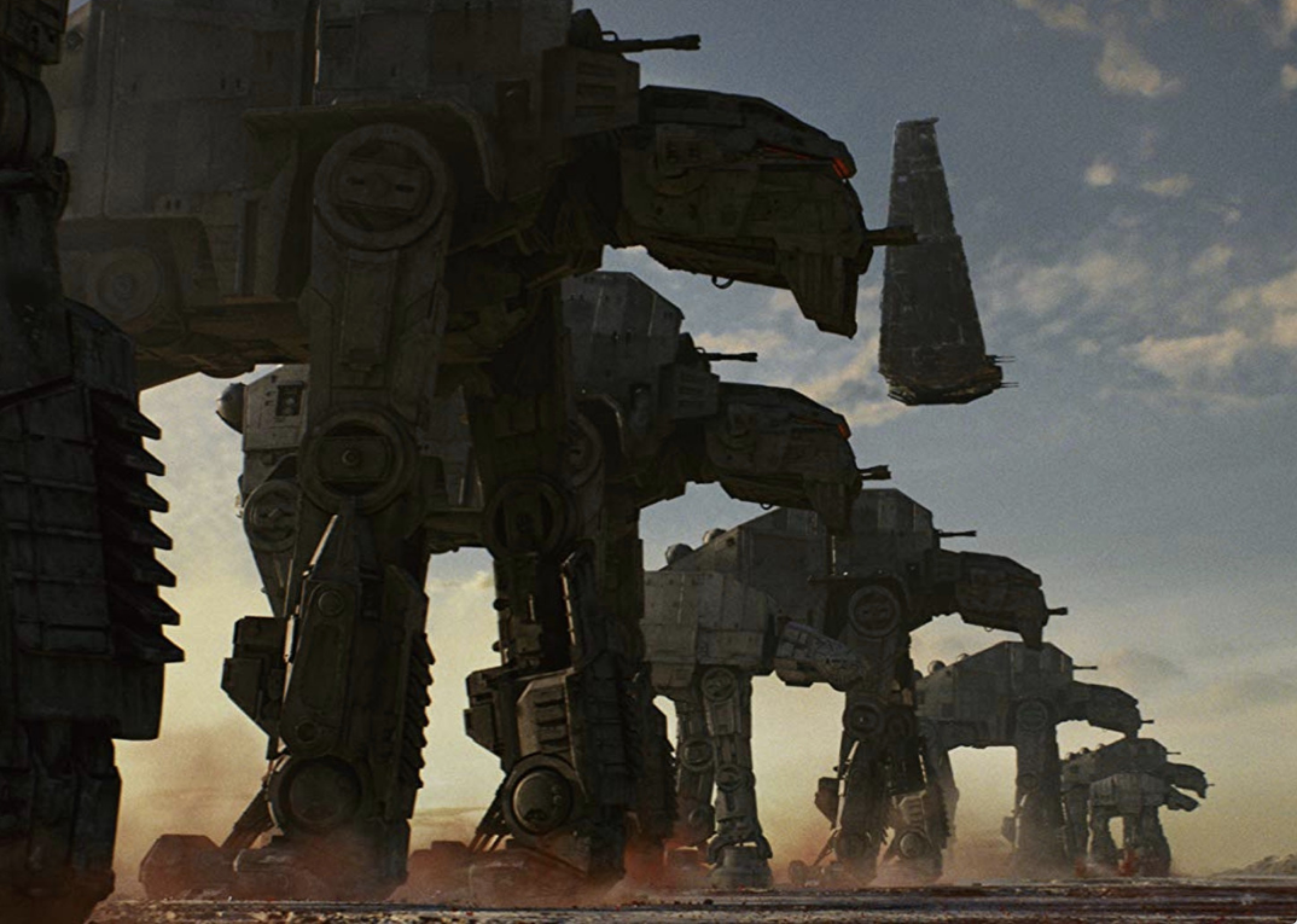
Walt Disney Pictures
#32. Star Wars: Episode VIII – The Last Jedi (2017)
– Director: Rian Johnson
– Stacker score: 85.5
– Metascore: 84
– IMDb user rating: 6.9
– Runtime: 152 minutes
The middle entry of the third Star Wars theatrical trilogy, “The Last Jedi,” sees a precarious Resistance trying to hold on to hope as the First Order pummels them at every turn. Elsewhere, Rey attempts to convince Luke Skywalker, a reclusive hermit who wants nothing to do with his past heroism, to train her in the ways of the force. The movie angered some die-hard fans but was overall warmly received by critics. The film also received nominations for Best Original Score and Best Visual Effects at the 90th Academy Awards.

Walt Disney Pictures
#31. Thor: Ragnarok (2017)
– Director: Taika Waititi
– Stacker score: 85.5
– Metascore: 74
– IMDb user rating: 7.9
– Runtime: 130 minutes
After “Thor: The Dark World,” received lukewarm reviews, Marvel brought in New Zealand director Taika Waititi to spice up the franchise. The result: a colorful, hilarious romp through space featuring Chris Hemsworth’s Thor facing off against Jeff Goldblum’s Collector and Cate Blanchett’s Hela, along with (and sometimes opposed to) his brother, Loki, played by an always-conniving Tom Hiddleston. Some old friends and foes make surprise appearances, and among fans of superhero movies, it’s a must-see. A sequel, “Thor: Love and Thunder,” was released in 2022.
You may also like: Sequels that outperformed the original at the box office
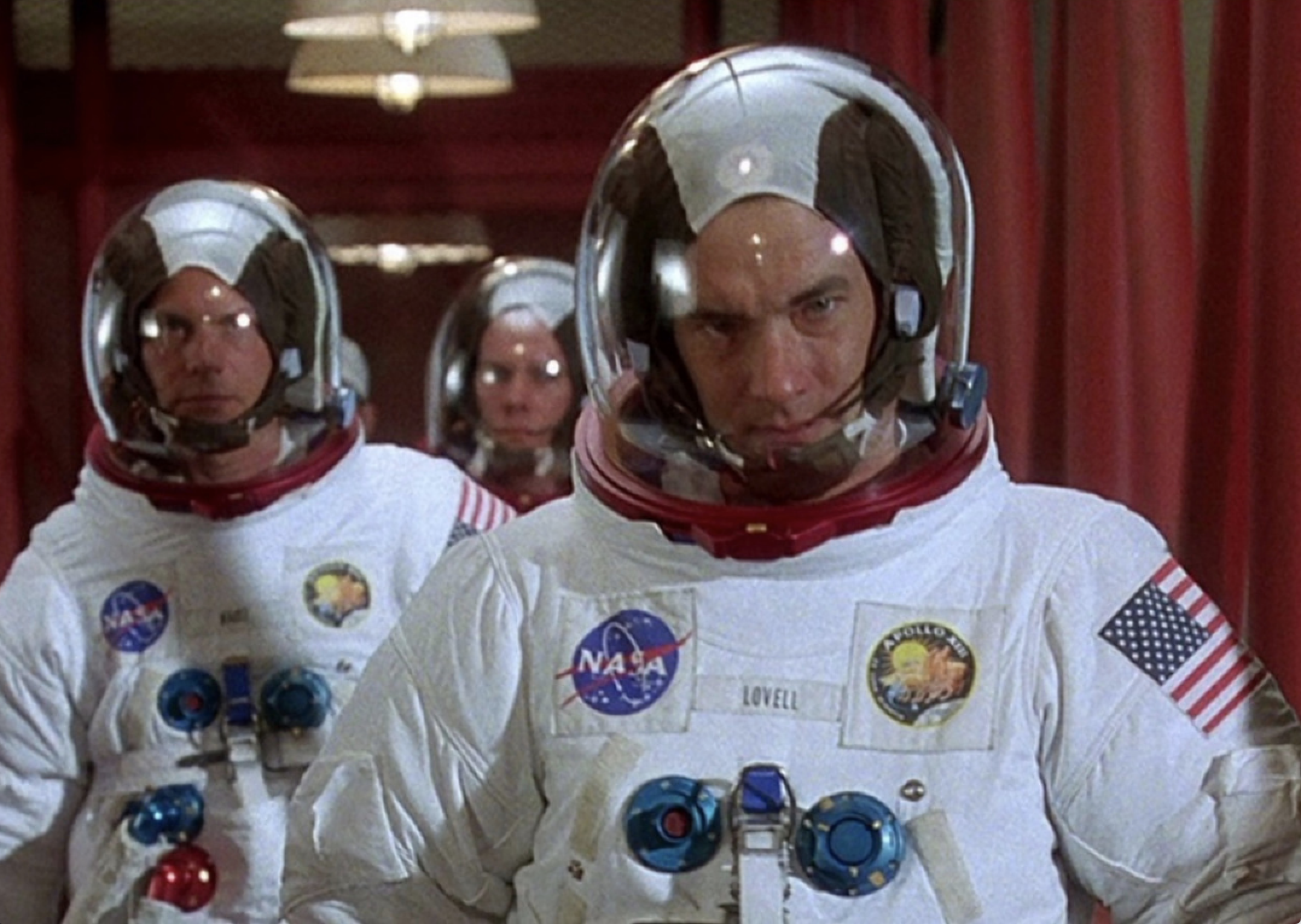
Universal Pictures
#30. Apollo 13 (1995)
– Director: Ron Howard
– Stacker score: 86.0
– Metascore: 77
– IMDb user rating: 7.7
– Runtime: 140 minutes
“Failure is not an option.” Those are the words uttered by NASA flight director Gene Kranz (Ed Harris) after an explosion disrupts a planned moon landing in this docudrama adapted from real events. Starring Tom Hanks, Kevin Costner, Kevin Bacon, and Bill Paxton as stranded astronauts, this heart-pounding thriller will have you at the edge of your seat, even if you know the outcome. During awards season, “Apollo 13” earned nine Academy Award nominations, including Best Picture, winning for Best Film Editing and Best Sound.
Warner Bros.
#29. Dune (2021)
Rebecca Ferguson and Timothée Chalamet in “Dune”.
– Director: Denis Villeneuve
– Stacker score: 86.0
– Metascore: 74
– IMDb user rating: 8.0
– Runtime: 155 minutes
An adaptation of the classic 1965 sci-fi novel of the same name, “Dune” follows a noble family on a far-away planet named Arrakis as they attempt to stake their claim on the planet’s most powerful resource. Only the third-ever adaptation of the source material, this version of the story was praised for its intense visuals and incredible score and was nominated for 10 Academy Awards. The movie only covers the first half of the book, and a sequel, “Dune: Part Two,” is set to be released near the end of 2023.
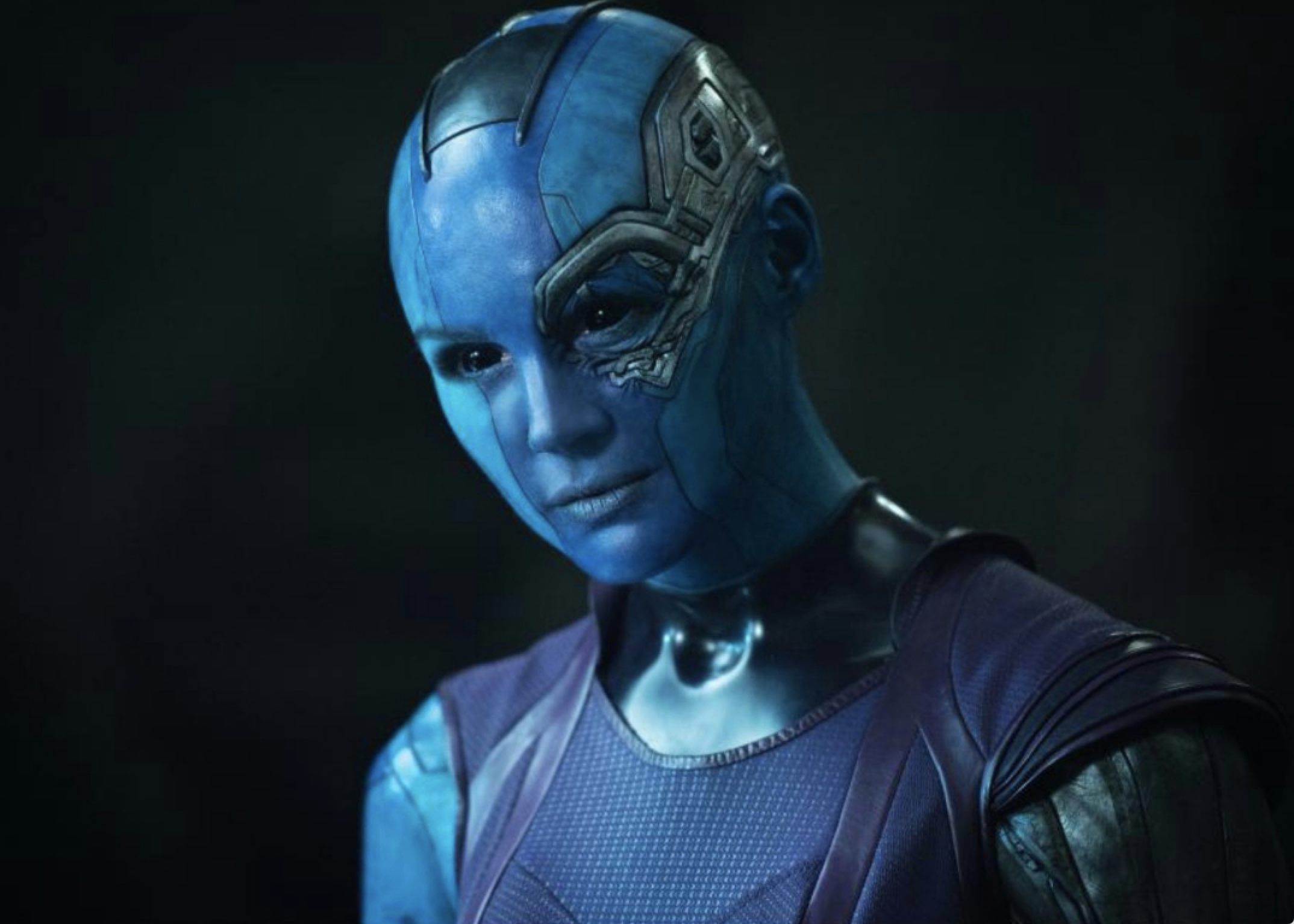
Marvel Studios
#28. Guardians of the Galaxy (2014)
– Director: James Gunn
– Stacker score: 87.2
– Metascore: 76
– IMDb user rating: 8.0
– Runtime: 121 minutes
The aforementioned “Thor: Ragnarok” brought life and color to the Thor franchise; it owes a debt to “Guardians of the Galaxy,” a colorful space adventure that brings exotic aliens and swashbuckling action to the MCU. Come for the visuals and Chris Pratt’s charming performance; stay for the ’80s nostalgia and killer soundtrack. The action-packed superhero flick was followed by the sequel “Guardians of the Galaxy Vol. 2” in 2017.
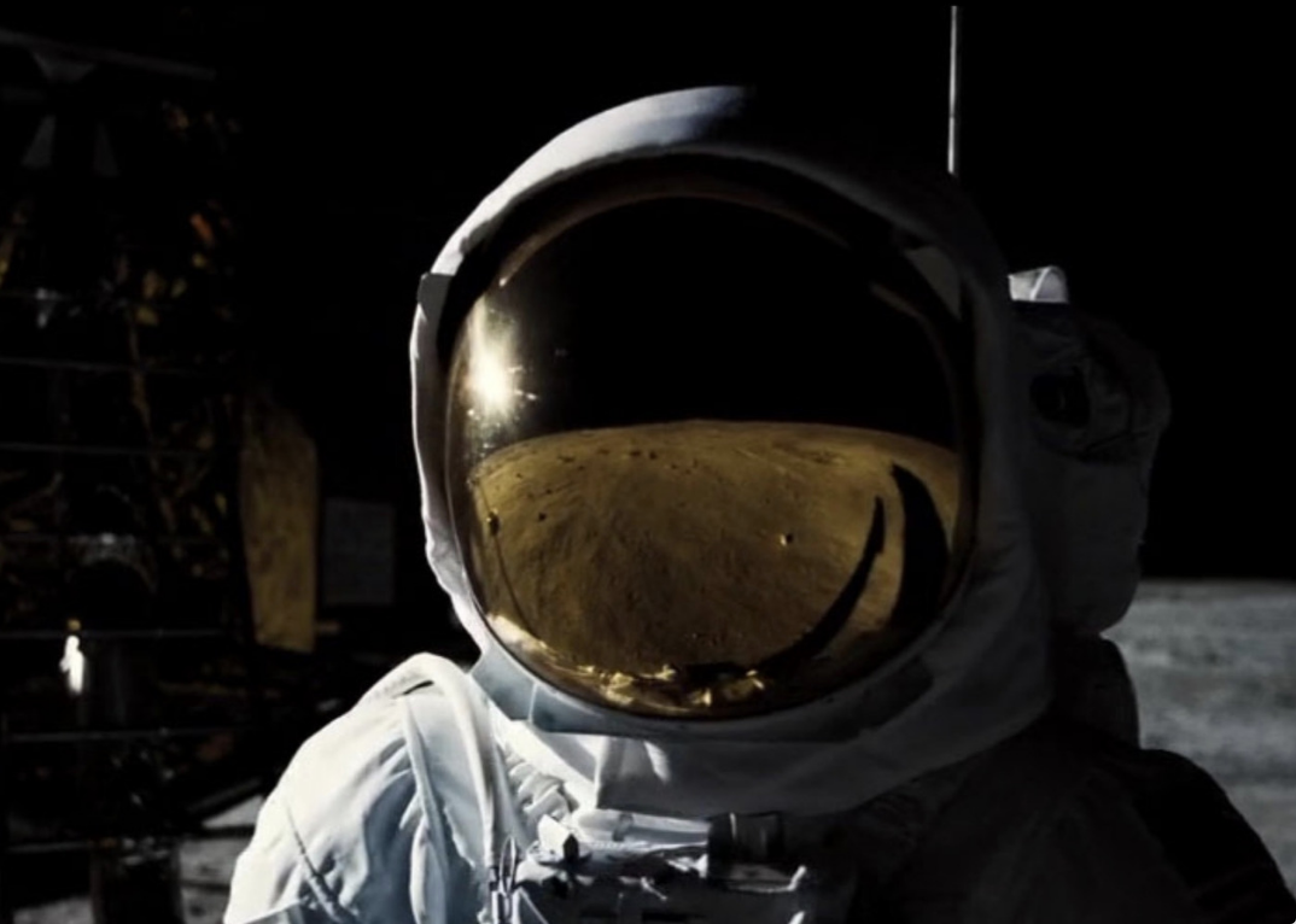
Universal Pictures
#27. First Man (2018)
– Director: Damien Chazelle
– Stacker score: 87.7
– Metascore: 84
– IMDb user rating: 7.3
– Runtime: 141 minutes
After directing 2016’s Best Picture-losing love letter “La La Land,” Damien Chazelle recruited Ryan Gosling to play Neil Armstrong in “First Man,” a docudrama about the perils of the space program leading up to that most famous walk on the moon. With strong performances throughout and incredible special effects and sound design on the space launches, “First Man” is a must-see for any Apollo enthusiasts. Following its two nominations at the ceremony, “First Man” walked away with the trophy for Best Original Score at the 76th Golden Globe Awards.
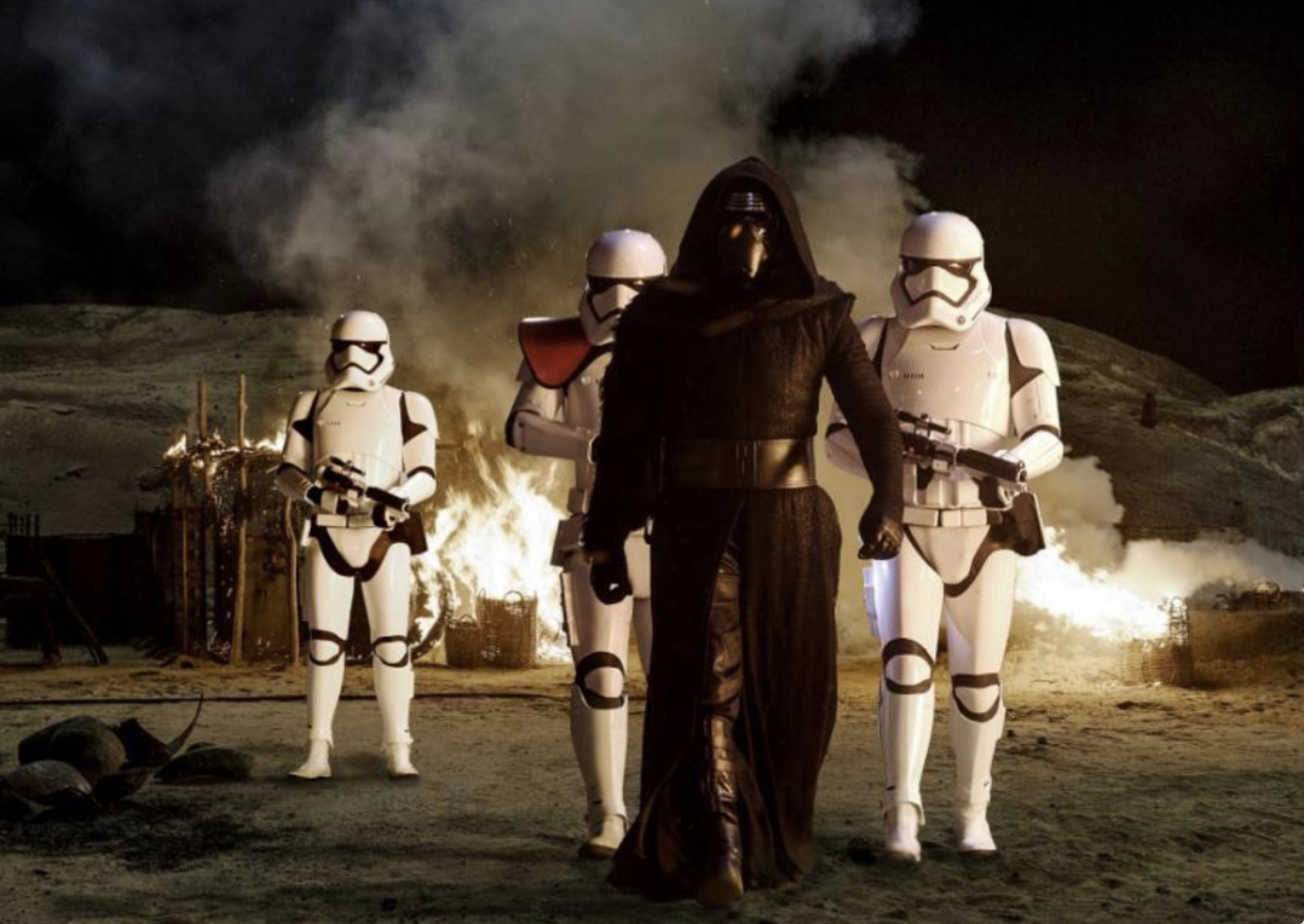
Lucasfilm
#26. Star Wars: Episode VII – The Force Awakens (2015)
– Director: J.J. Abrams
– Stacker score: 88.3
– Metascore: 80
– IMDb user rating: 7.8
– Runtime: 138 minutes
Achieving a higher place on this list than its sequel, “The Last Jedi,” this first entry in the third Star Wars trilogy introduces a new cast of characters and brings back some fan favorites to fight against the First Order, the next iteration of the franchise’s evil colonialist empire. Featuring standout performances from newcomers Daisy Ridley, John Boyega, Adam Driver, and Oscar Isaac, and an antiheroic return to form for Harrison Ford, “The Force Awakens” will fill you with the same childlike wonder of the original trilogy. The film is one of the highest-grossing films of all time, pulling in over $2 billion.
You may also like: 25 iconic closing shots from film history
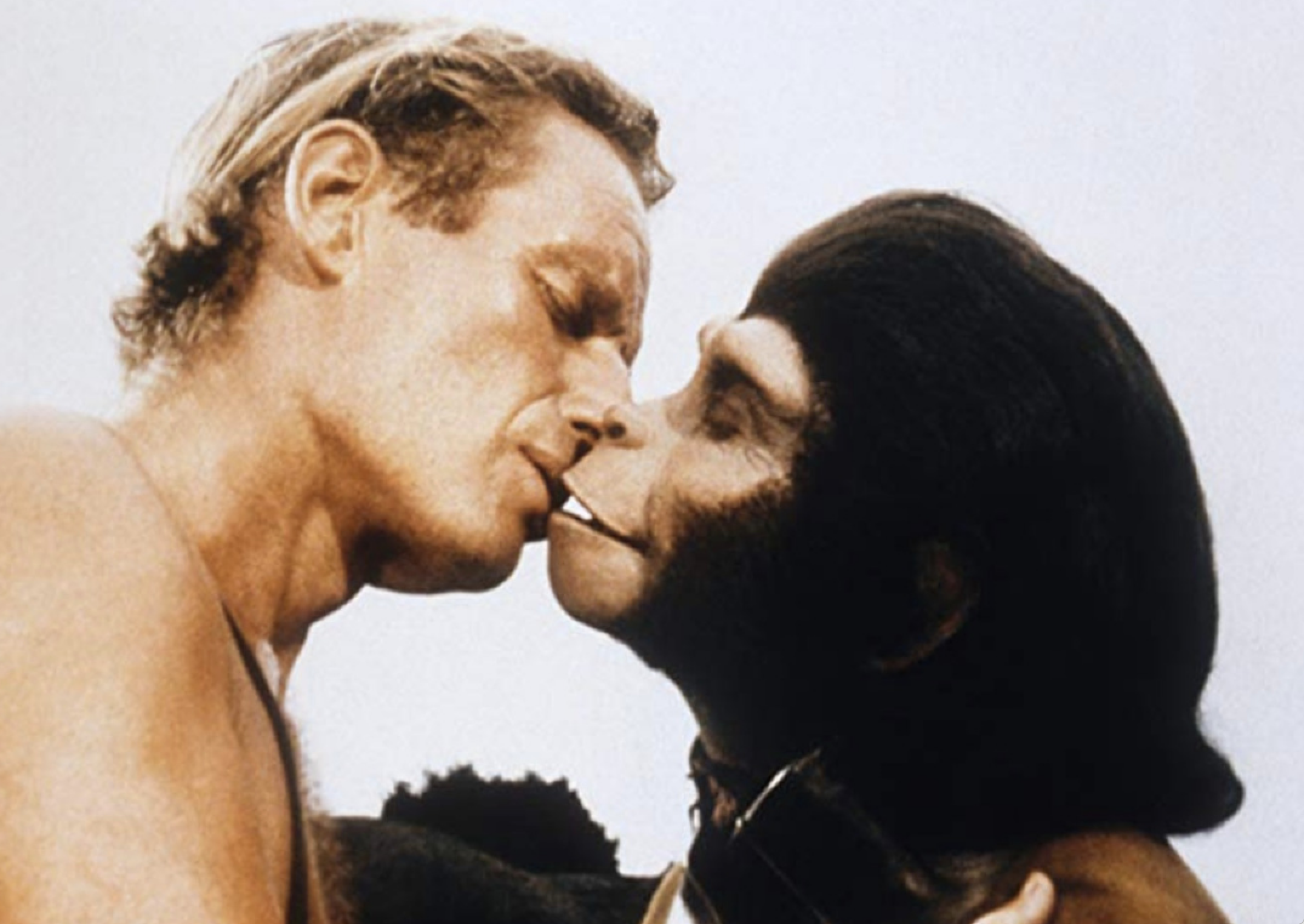
APJAC Productions
#25. Planet of the Apes (1968)
– Director: Franklin J. Schaffner
– Stacker score: 88.8
– Metascore: 79
– IMDb user rating: 8.0
– Runtime: 112 minutes
One of the most famous sci-fi films of all time, “Planet of the Apes” sees a crashed spaceship’s crew wander a planet dominated by primates, only to discover a dark secret. With groundbreaking prosthetics that hold up to this day, it’s worth watching or rewatching just for the famous quote: “Take your stinking paws off me, you damn dirty ape!” In 2001, the movie was chosen for preservation in the United States National Film Registry by the Library of Congress.
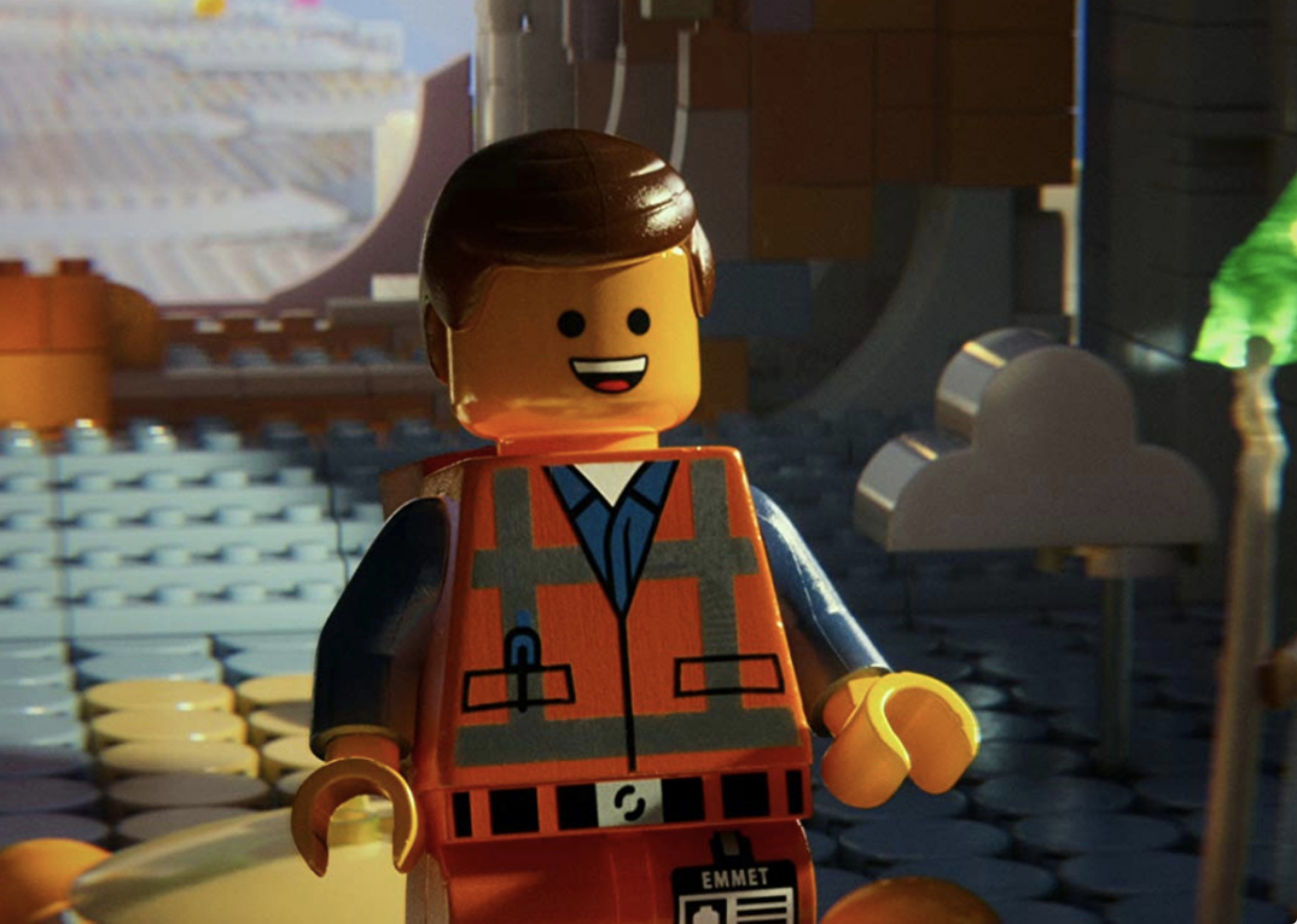
Warner Bros.
#24. The Lego Movie (2014)
– Directors: Phil Lord, Christopher Miller
– Stacker score: 89.4
– Metascore: 83
– IMDb user rating: 7.7
– Runtime: 100 minutes
Many were skeptical that a concept as vague as “Lego” could be adapted into a compelling film. Directors Phil Lord and Christopher Miller, rising stars in the comedy and animation genres, proved even the most serious doubters wrong. “The Lego Movie” is 100 minutes of intense action, side-splitting dialogue, and creative animation. Anchored by an all-star cast, “The Lego Movie” is family-friendly perfection. The film franchise has since expanded with sequels like 2017’s “The Lego Ninjago Movie” and 2019’s “The Lego Movie 2: The Second Part.”
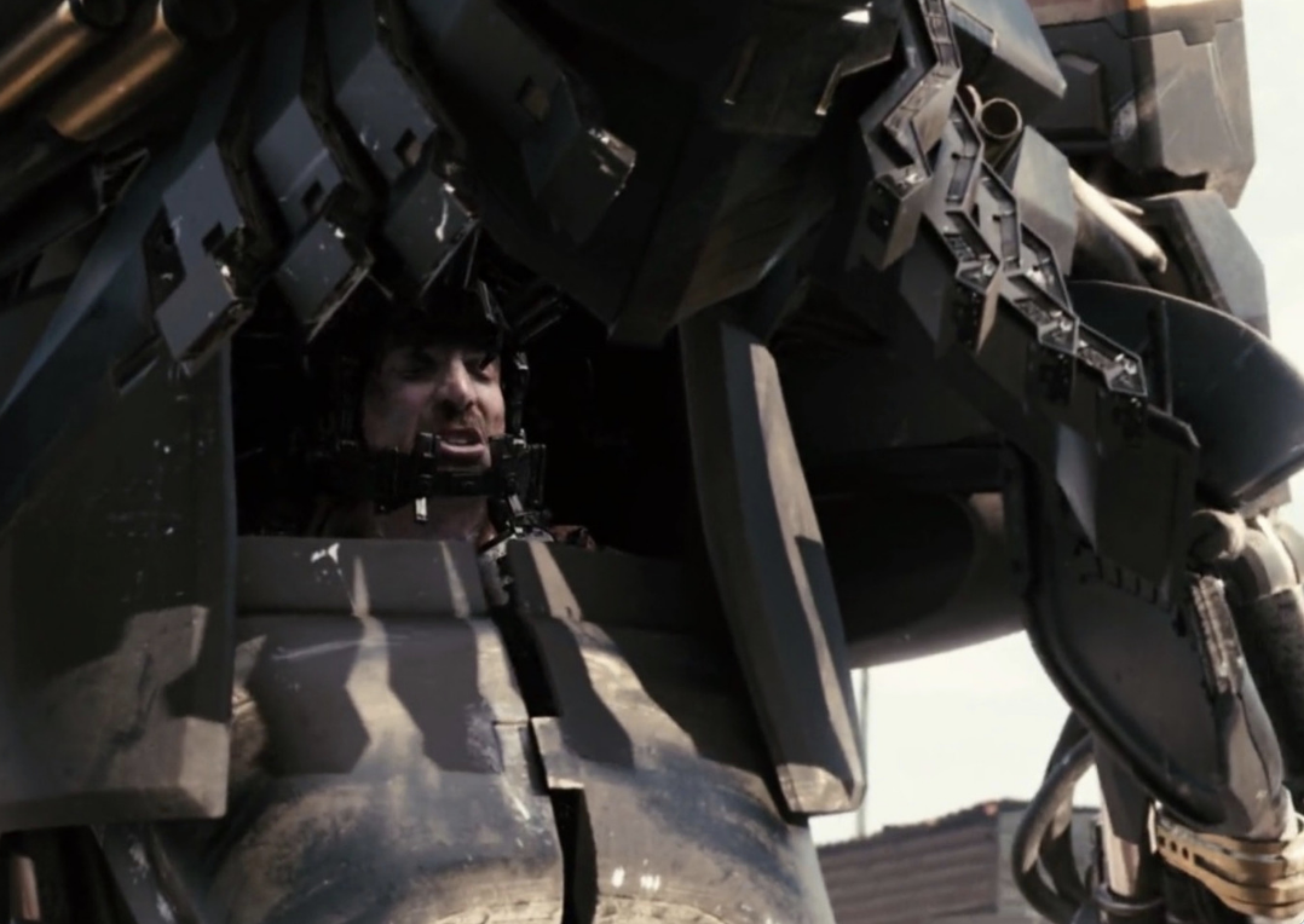
TriStar Pictures
#23. District 9 (2009)
– Director: Neill Blomkamp
– Stacker score: 89.4
– Metascore: 81
– IMDb user rating: 7.9
– Runtime: 112 minutes
“District 9” sees an alien species set up camp on Earth. Using the xenophobia humans display against aliens as an allegory for the racism of South Africa’s apartheid, this found-footage mockumentary turns the glamor of interspecies contact into a biting critique of contemporary affairs. The picture garnered four Academy Award nominations, including Best Picture, Best Adapted Screenplay, Best Visual Effects, and Best Film Editing.
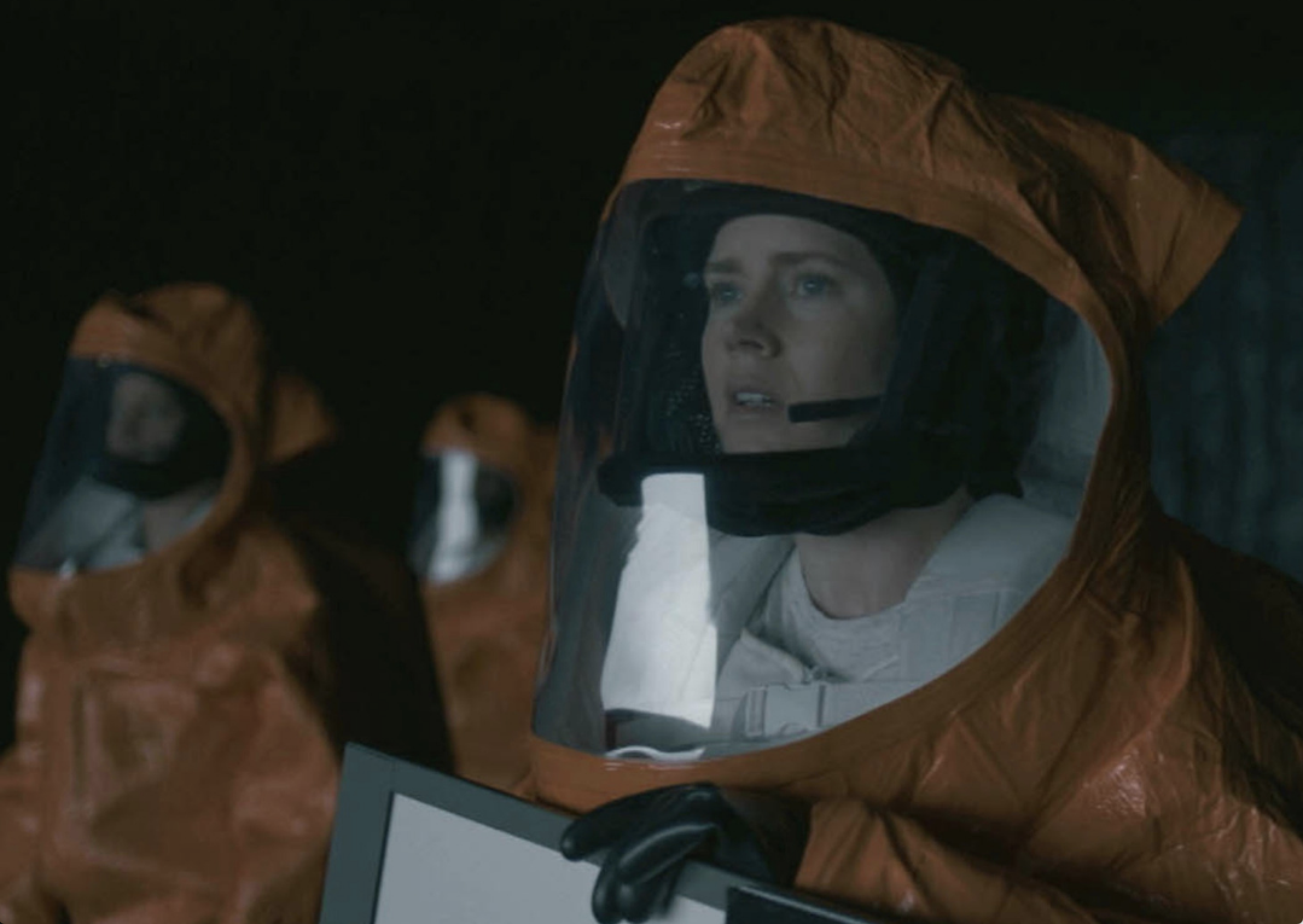
Lava Bear Films
#22. Arrival (2016)
– Director: Denis Villeneuve
– Stacker score: 89.4
– Metascore: 81
– IMDb user rating: 7.9
– Runtime: 116 minutes
In many movies on this list, humankind ventures far out into the galaxy, discovering alien planets and their inhabitants. In 2016’s enigmatic “Arrival,” the aliens come here. Whether they’re bearing gifts or baring their teeth remains to be seen; it’s up to a linguist (Amy Adams) and physicist (Jeremy Renner) to interpret the alien language. Villeneuve has already shown himself to be a powerful force in the speculative science fiction genre, and “Arrival” is a head-spinning masterpiece. “Arrival” took home the Ray Bradbury Award for Outstanding Dramatic Presentation and the Hugo Award for Best Dramatic Presentation.
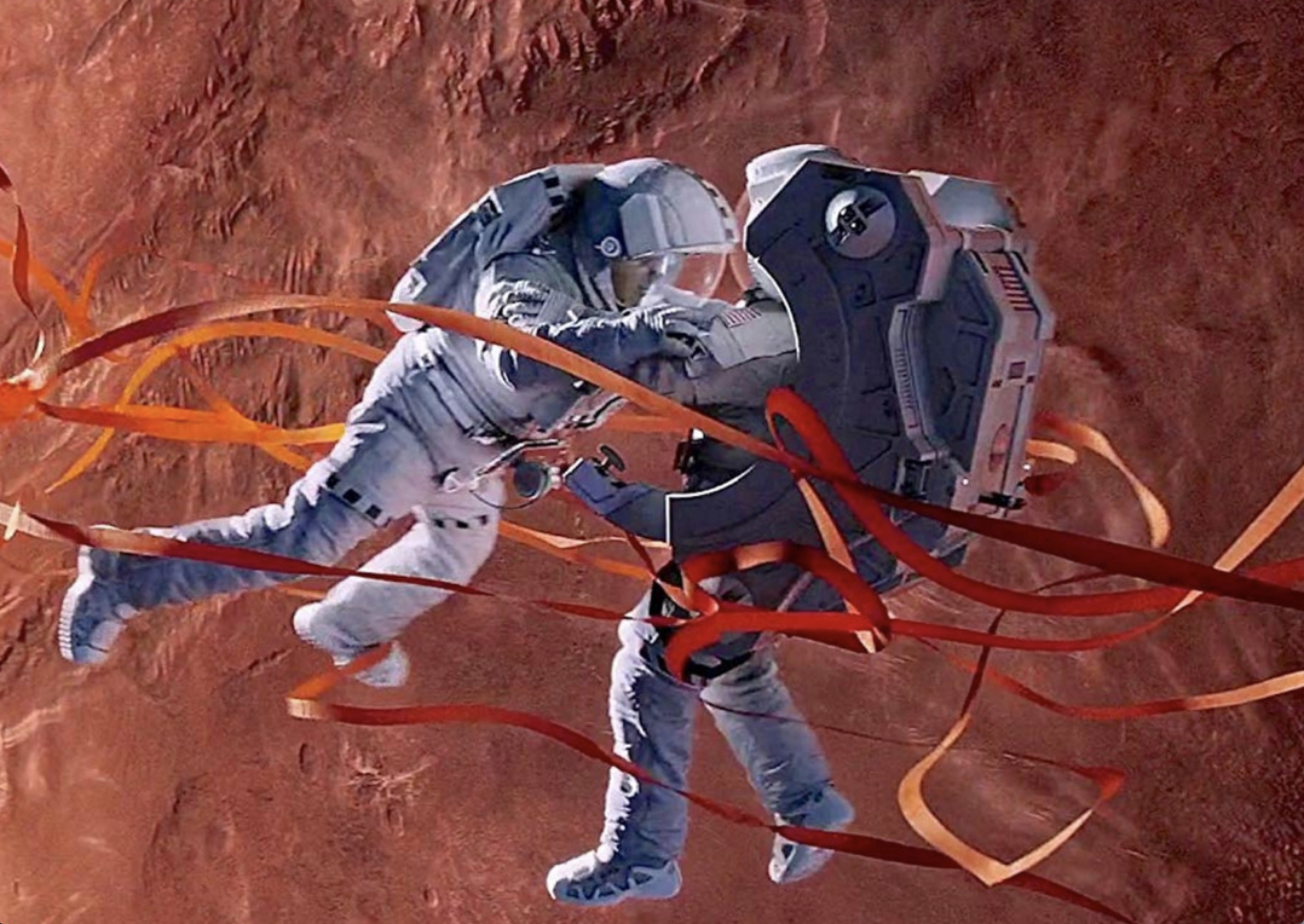
Twentieth Century Fox
#21. The Martian (2015)
– Director: Ridley Scott
– Stacker score: 89.4
– Metascore: 80
– IMDb user rating: 8.0
– Runtime: 144 minutes
Based on the popular novel, “The Martian” is about humanity joining for a singular mission: Save astronaut Mark Watney, who was abandoned on Mars after the rest of his crew made an emergency exit during a dust storm. Played by a charismatic Matt Damon, Watney is a genius scientist who works in tandem with the forces on Earth to return home.
A fantastic ensemble cast assists him in his efforts, including Jessica Chastain, Kristen Wiig, and Donald Glover, among many others. The movie earned Damon myriad accolades, including the Golden Globe for Best Actor — Motion Picture Musical or Comedy, as well as nominations for the Academy Award for Best Actor, the BAFTA Award for Best Actor in a Leading Role, and the Critics’ Choice Award for Best Actor.
You may also like: Classic movie quotes that have broken into our daily vocabulary
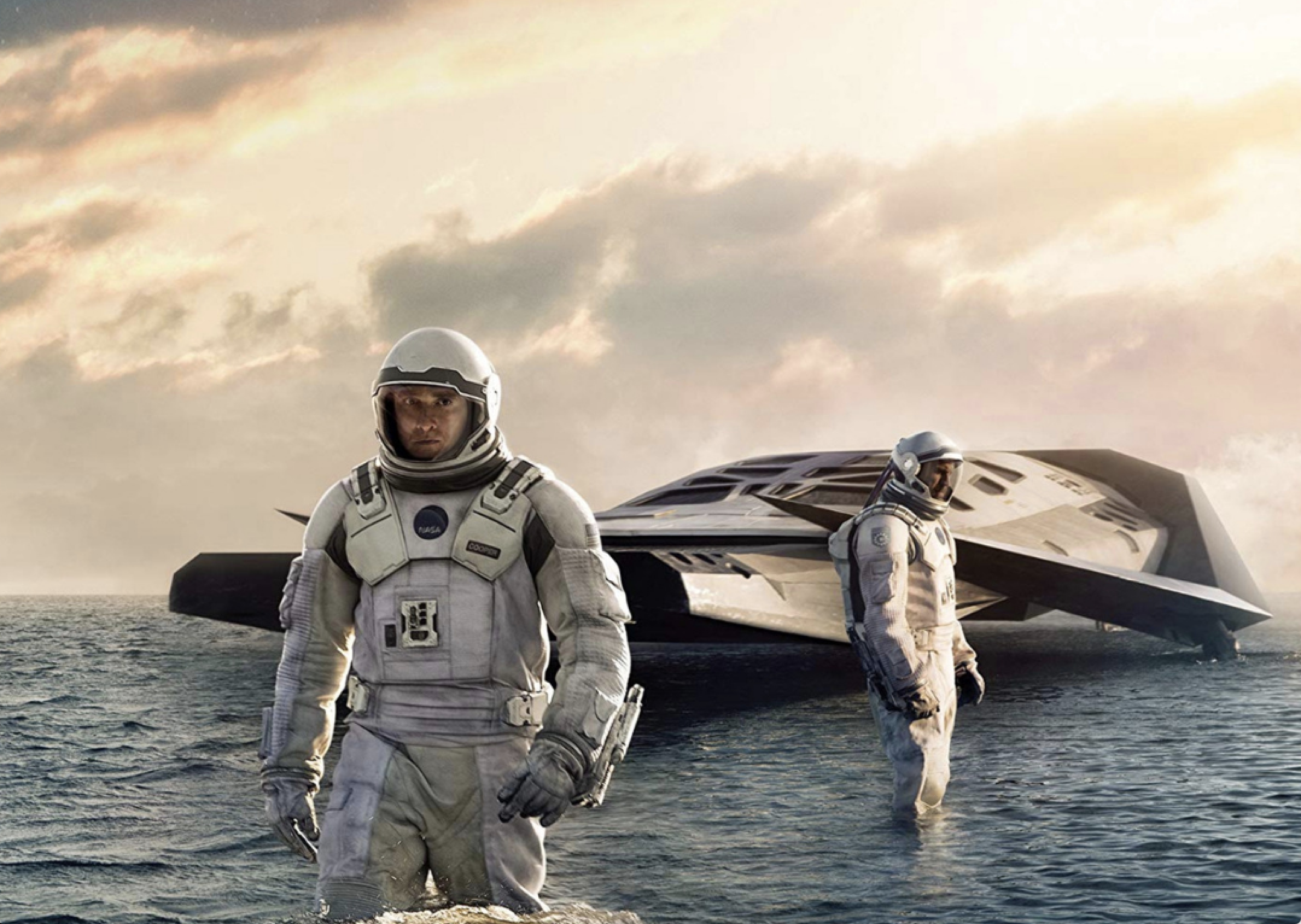
Paramount Pictures
#20. Interstellar (2014)
– Director: Christopher Nolan
– Stacker score: 89.4
– Metascore: 74
– IMDb user rating: 8.6
– Runtime: 169 minutes
Christopher Nolan is known for making mind-bending films that challenge and enthrall the viewer, and 2014’s “Interstellar” is a worthy addition to that canon. In the not-too-distant future, humanity suffers the widespread effects of climate change. Abandoning Earth is the only hope, and when a mysterious wormhole opens up at the end of the solar system, a daring crew travels through.
Working against impossible odds and the forces of space and time, the crew must do everything possible to survive in this three-hour epic starring Matthew McConaughey, Anne Hathaway, Jessica Chastain, and Michael Caine. The film was a hotshot at the 87th Academy Awards, receiving nominations for Best Original Score, Best Production Design, Best Sound Mixing, and Best Sound Editing, taking home the trophy for Best Visual Effects.
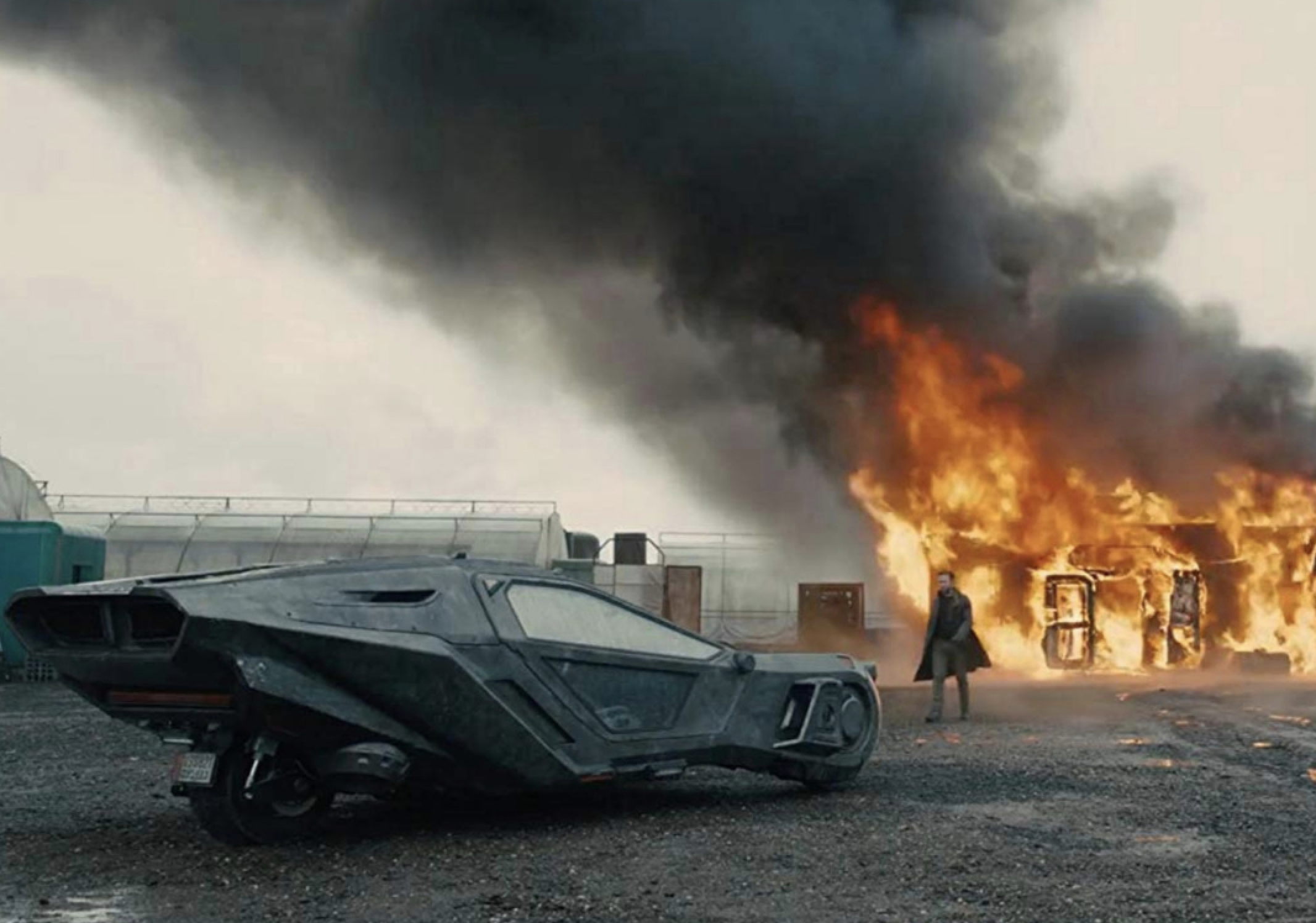
Alcon Entertainment
#19. Blade Runner 2049 (2017)
– Director: Denis Villeneuve
– Stacker score: 89.9
– Metascore: 81
– IMDb user rating: 8.0
– Runtime: 164 minutes
Previously in this slideshow, we referred to director Denis Villeneuve as “a powerful force in the speculative science fiction genre.” Consider this film Exhibit B. “Blade Runner 2049” is beautiful in its tragedy, or perhaps tragic in its beauty. Anchored by a deeply empathetic performance from Ryan Gosling and featuring Ana de Armas, Mackenzie Davis, Jared Leto, and others, “Blade Runner 2049” is a worthy sequel to its groundbreaking predecessor. At the 90th Academy Awards, the blockbuster claimed trophies for Best Cinematography and Best Visual Effects, in addition to nominations for Best Sound Editing, Best Sound Mixing, and Best Production Design.
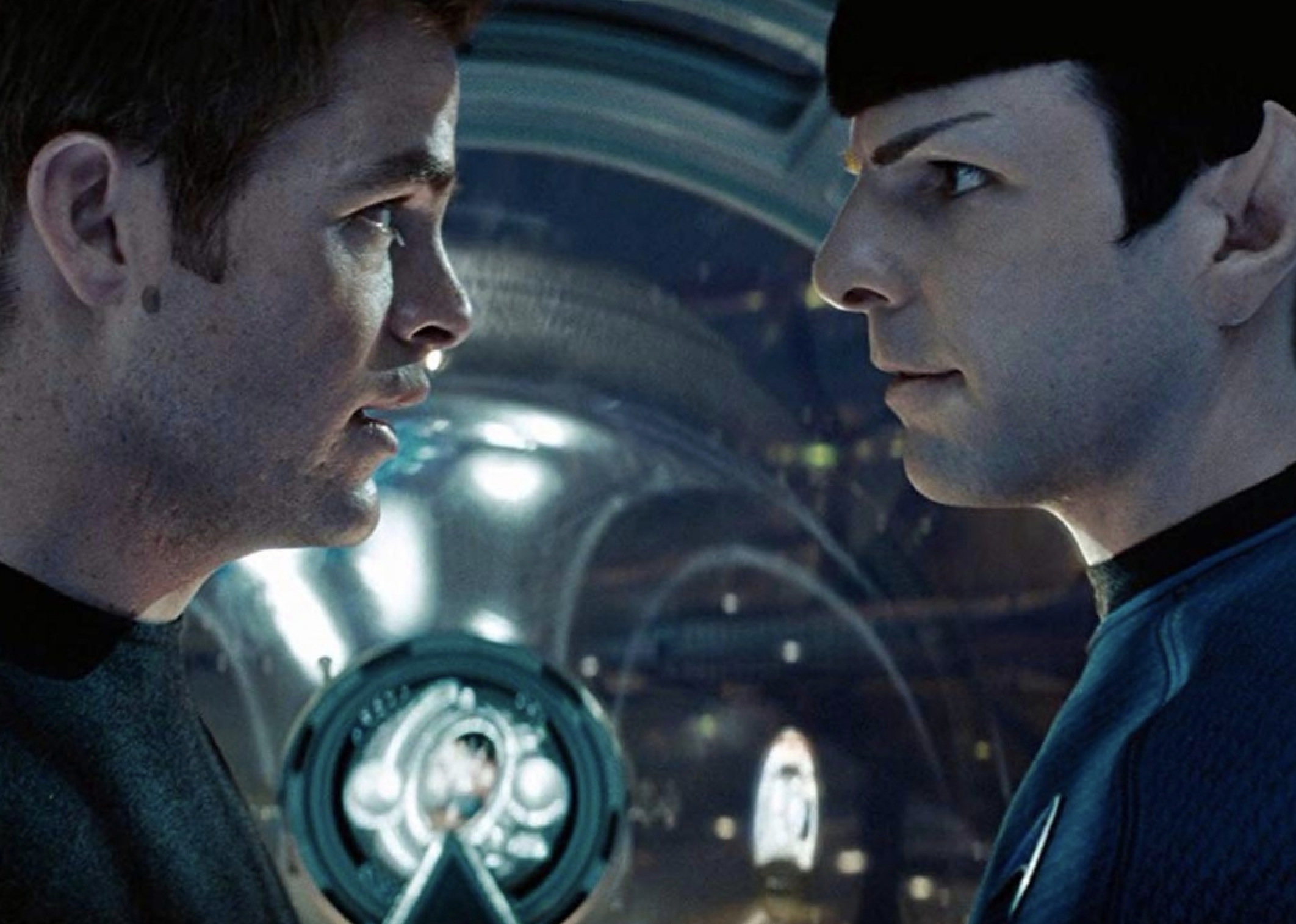
Paramount
#18. Star Trek (2009)
– Director: J.J. Abrams
– Stacker score: 89.9
– Metascore: 82
– IMDb user rating: 7.9
– Runtime: 127 minutes
Like “The Force Awakens,” this film was preceded on this list by its sequel, “Star Trek Into Darkness.” 2009’s “Star Trek” likewise contains all the charm of the original series, with big-budget special effects and a stellar cast (pun intended). “Star Trek” was followed by the sequels 2013’s “Star Trek Into Darkness” and 2016’s “Star Trek Beyond.”
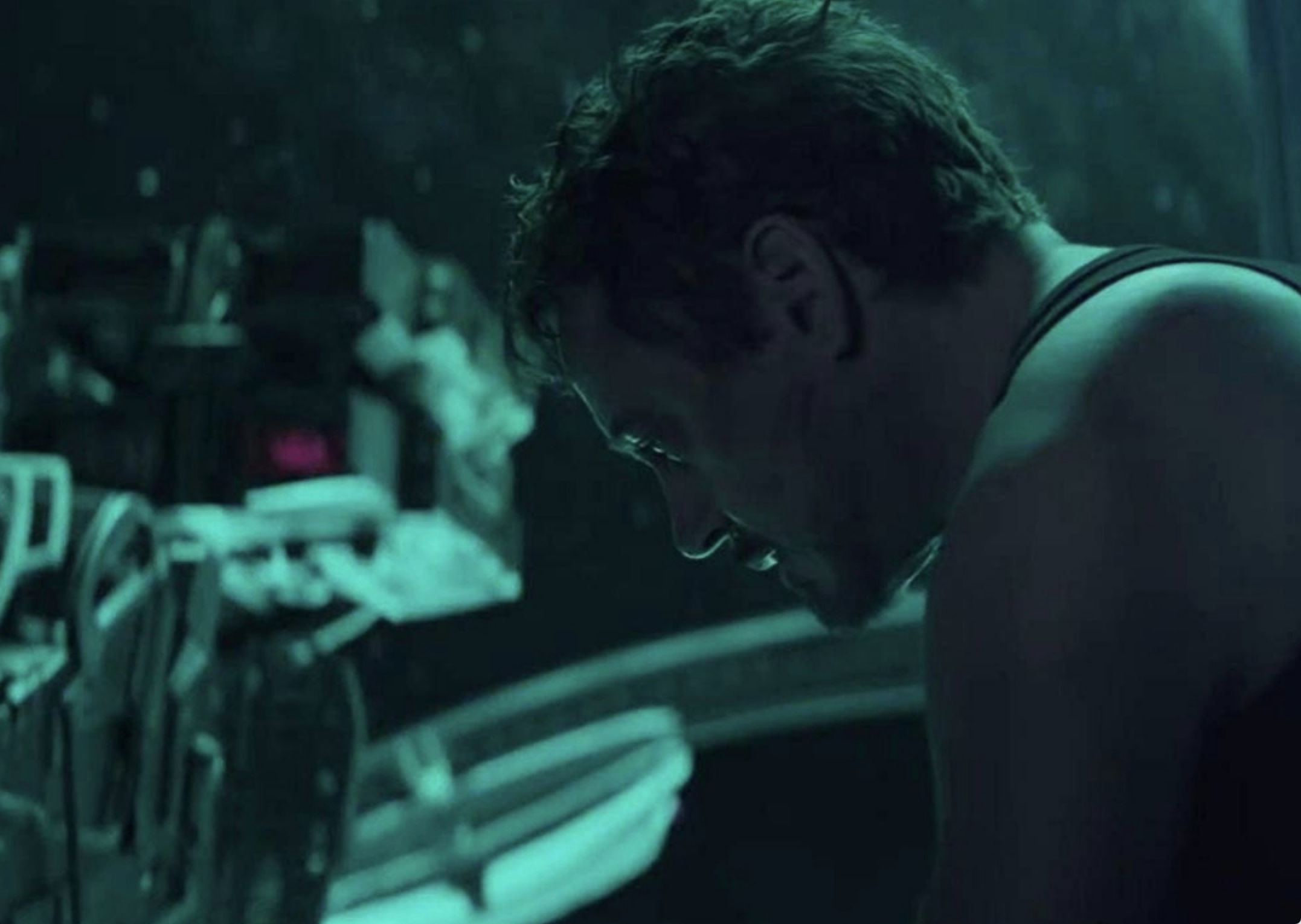
Marvel Studio
#17. Avengers: Endgame (2019)
– Directors: Anthony Russo, Joe Russo
– Stacker score: 90.5
– Metascore: 78
– IMDb user rating: 8.4
– Runtime: 181 minutes
The climax fans waited a decade for, “Avengers: Endgame” sees the titular characters reeling from the events of the prior film and navigating a strange world. Some are focused on undoing the fallout of “Avengers: Infinity War,” while others just want to move on and accept the world as it is. The three-hour runtime flies by as our heroes find a promising way forward. “Avengers: Endgame” claimed two Critics’ Choice Awards and earned an Academy Award nomination for Best Visual Effects.
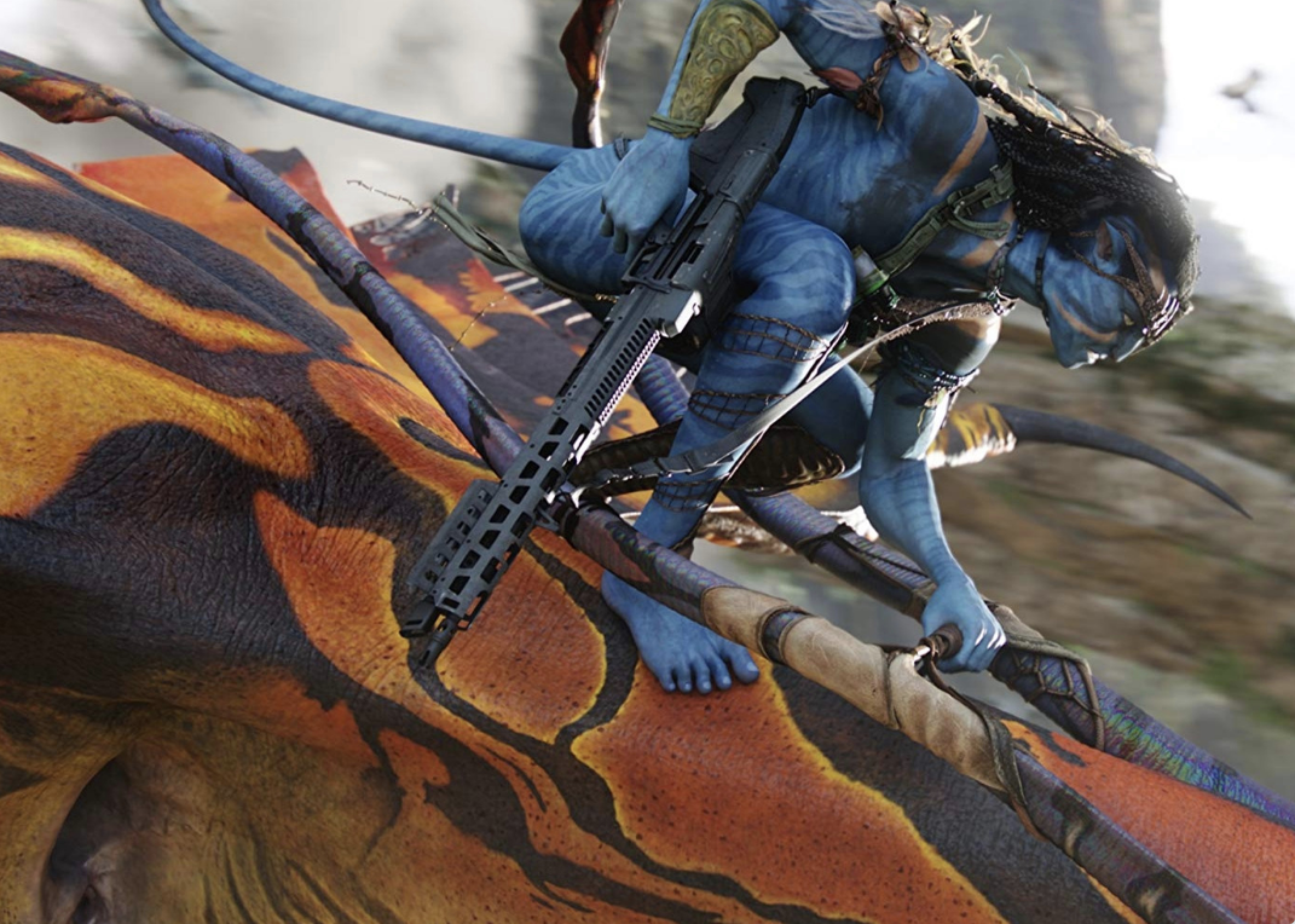
Twentieth Century Fox
#16. Avatar (2009)
– Director: James Cameron
– Stacker score: 90.5
– Metascore: 83
– IMDb user rating: 7.9
– Runtime: 162 minutes
The highest-grossing movie of all time, despite the ongoing efforts of “Avengers: Endgame,” “Avatar” brought eye-popping CGI to a global audience in a classic story of colonialism, romance, and resistance. James Cameron waited nearly a decade, until 2005, to make the film as the technology wasn’t advanced enough in the 1990s to complete his vision. The wait paid off financially and in the stunning visuals of the film, which hold up very well 10 years later. Among its nine Oscar nominations, the blockbuster took three trophies, including Best Art Direction, Best Visual Effects, and Best Cinematography.
You may also like: 100 best fantasy movies of all time
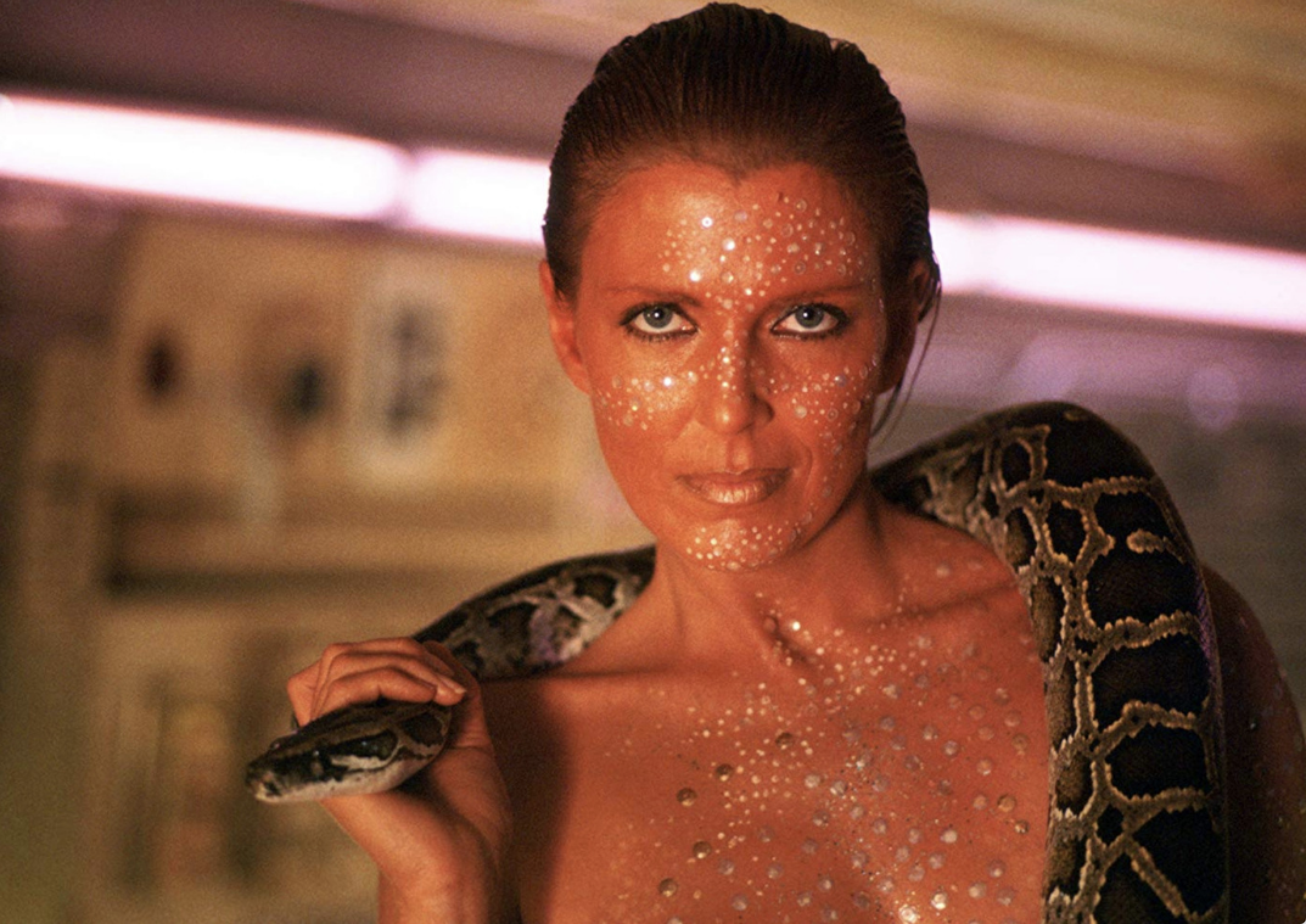
The Ladd Company
#15. Blade Runner (1982)
– Director: Ridley Scott
– Stacker score: 92.2
– Metascore: 84
– IMDb user rating: 8.1
– Runtime: 117 minutes
Directed by Ridley Scott of “Alien” fame and loosely based on a book by sci-fi master Philip K. Dick, “Blade Runner” focuses on Harrison Ford’s Rick Deckard, a retired “blade runner,” tasked with hunting down and killing renegade androids known as replicants, just like he used to. The film takes place entirely on Earth; however, it’s a grimy and squalid one, as anyone with significant wealth has already left for the off-world colonies. Although space travel doesn’t feature directly, the film questions technology’s effect on the environment and human interactions. The ’80s blockbuster earned two Academy Award nominations, including Best Art Direction and Best Visual Effects, and took home the Hugo Award in 1983 for Best Dramatic Presentation.
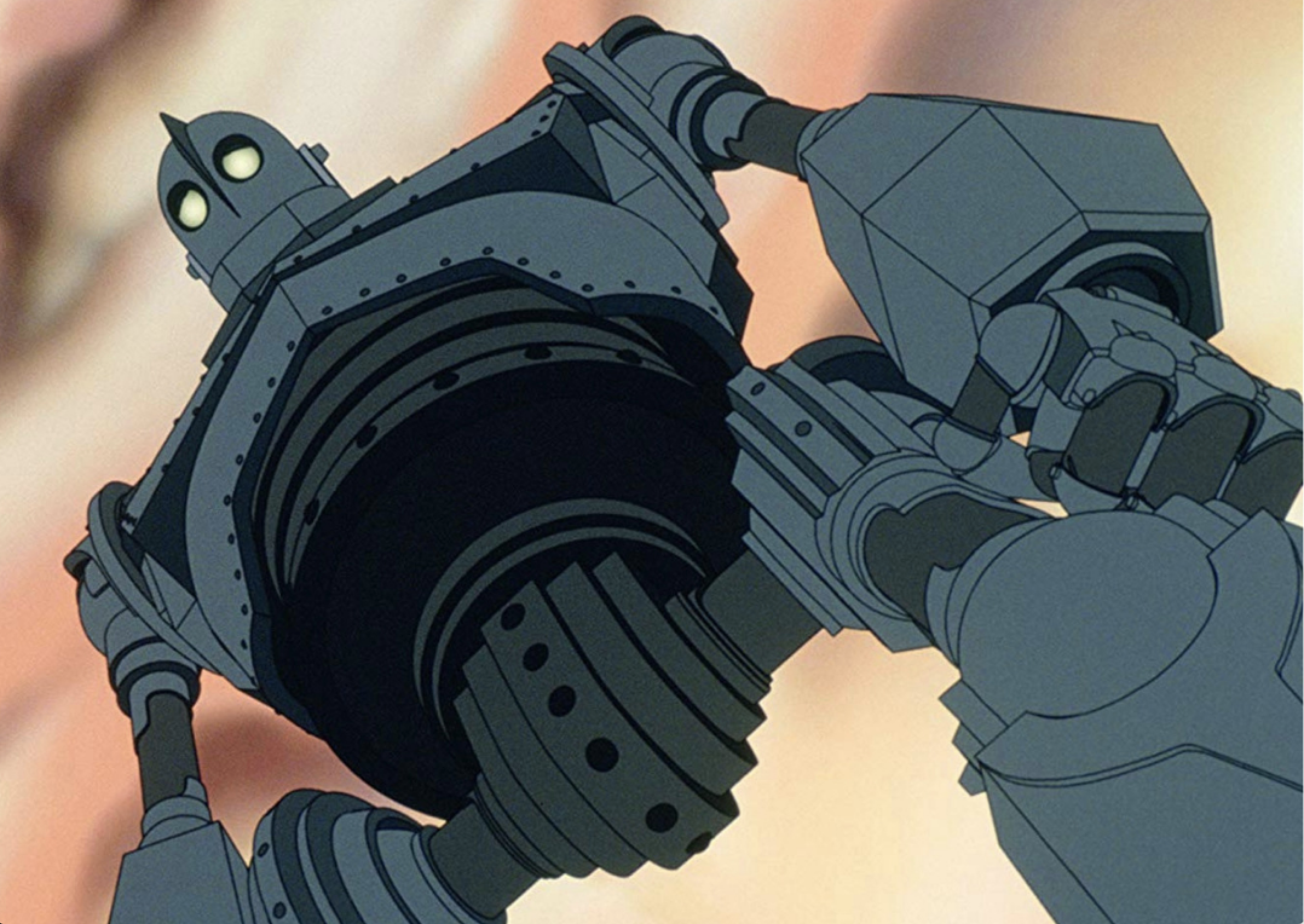
Warner Bros.
#14. The Iron Giant (1999)
– Director: Brad Bird
– Stacker score: 92.7
– Metascore: 85
– IMDb user rating: 8.1
– Runtime: 86 minutes
Sci-fi films have a peculiar tendency to underperform at the box office, only to be treated as cult classics and idolized long after they leave the theaters. Such is the case with “The Iron Giant,” the directorial debut of “The Incredibles” and “Ratatouille” director Brad Bird, which sees a young boy befriending a giant robot who fell from the sky. Featuring an all-star cast of voice actors, including Vin Diesel as the titular automaton, “The Iron Giant” is a gem in Bird’s stellar filmography. The film received nine of the 15 Annie Awards for which it was nominated, including the Annie Award for Music in an Animated Feature Production.
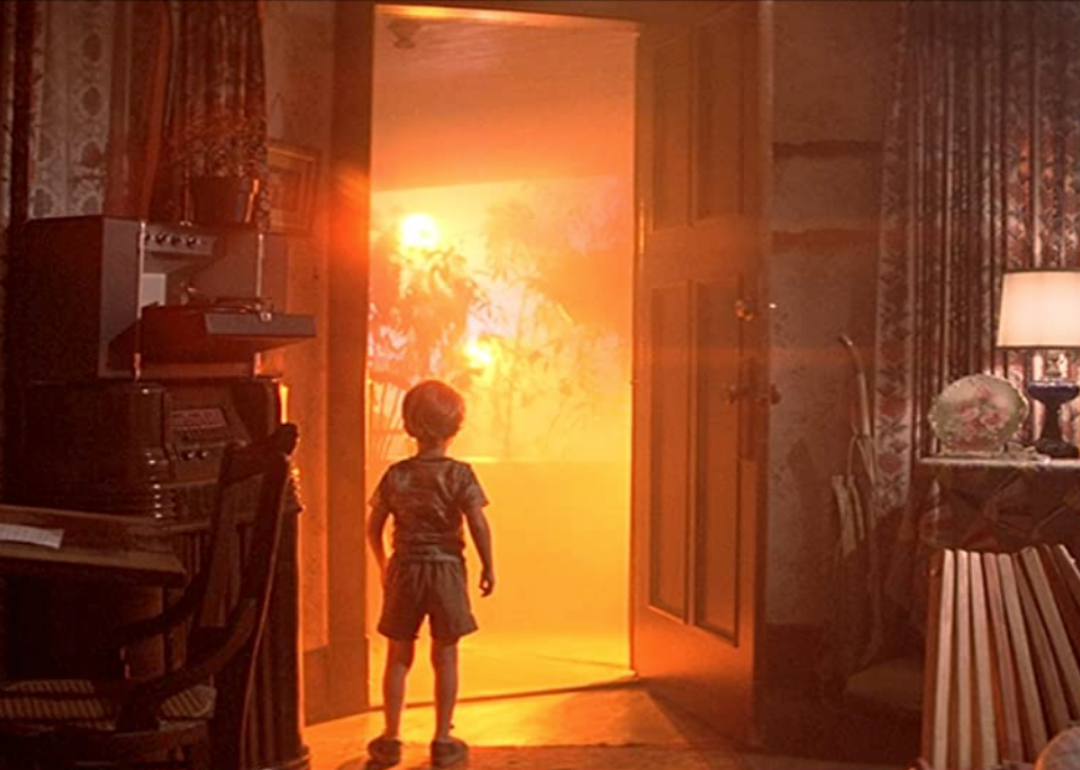
Julia Phillips and Michael Phillips Productions
#13. Close Encounters of the Third Kind (1977)
– Director: Steven Spielberg
– Stacker score: 92.7
– Metascore: 90
– IMDb user rating: 7.6
– Runtime: 138 minutes
Steven Spielberg’s “Close Encounters of the Third Kind” is considered one of the best science fiction films of all time. A smash hit with critics and audiences alike, the movie is about a blue-collar Indiana man who finds his life completely changed after a chance encounter with a UFO. Praised for its originality, the movie has been instrumental in leading many to believe we may not be alone after all. In 2007, the film was selected for preservation in the National Film Registry by the United States Library of Congress.
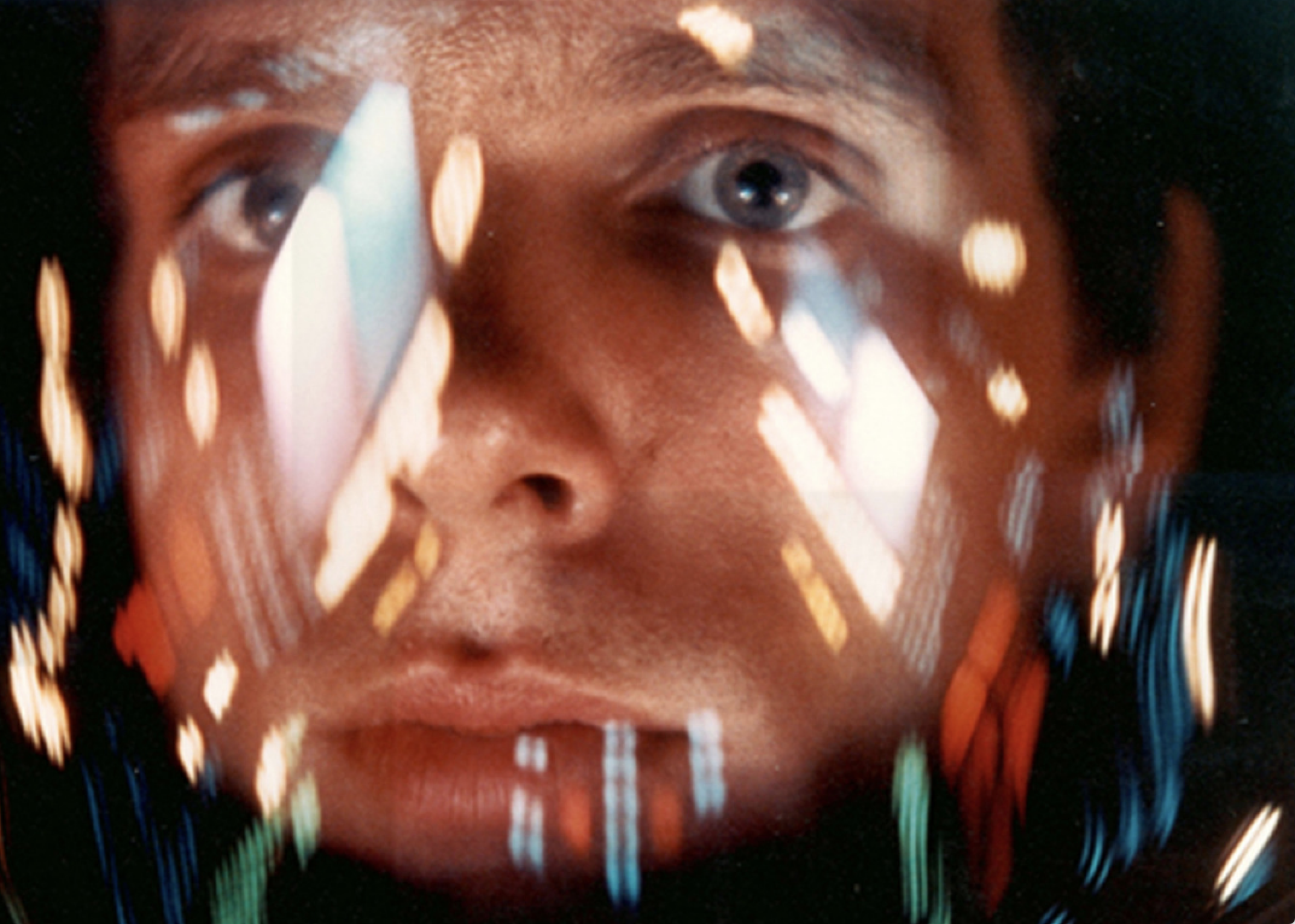
MGM
#12. 2001: A Space Odyssey (1968)
– Director: Stanley Kubrick
– Stacker score: 93.3
– Metascore: 84
– IMDb user rating: 8.3
– Runtime: 149 minutes
Sci-fi movies would look a lot different without “2001,” undoubtedly the most influential film of the genre ever to hit the silver screen. The precarity of artificial intelligence, the vastness of space, and the possibility of extraterrestrial life are among the themes explored in Kubrick’s masterpiece. From the visuals to the score, “2001” earns its spot among the greatest films of all time. The sci-fi epic was regarded “culturally, historically, or aesthetically significant” by the United States Library of Congress in 1991 and was selected for preservation in the National Film Registry.
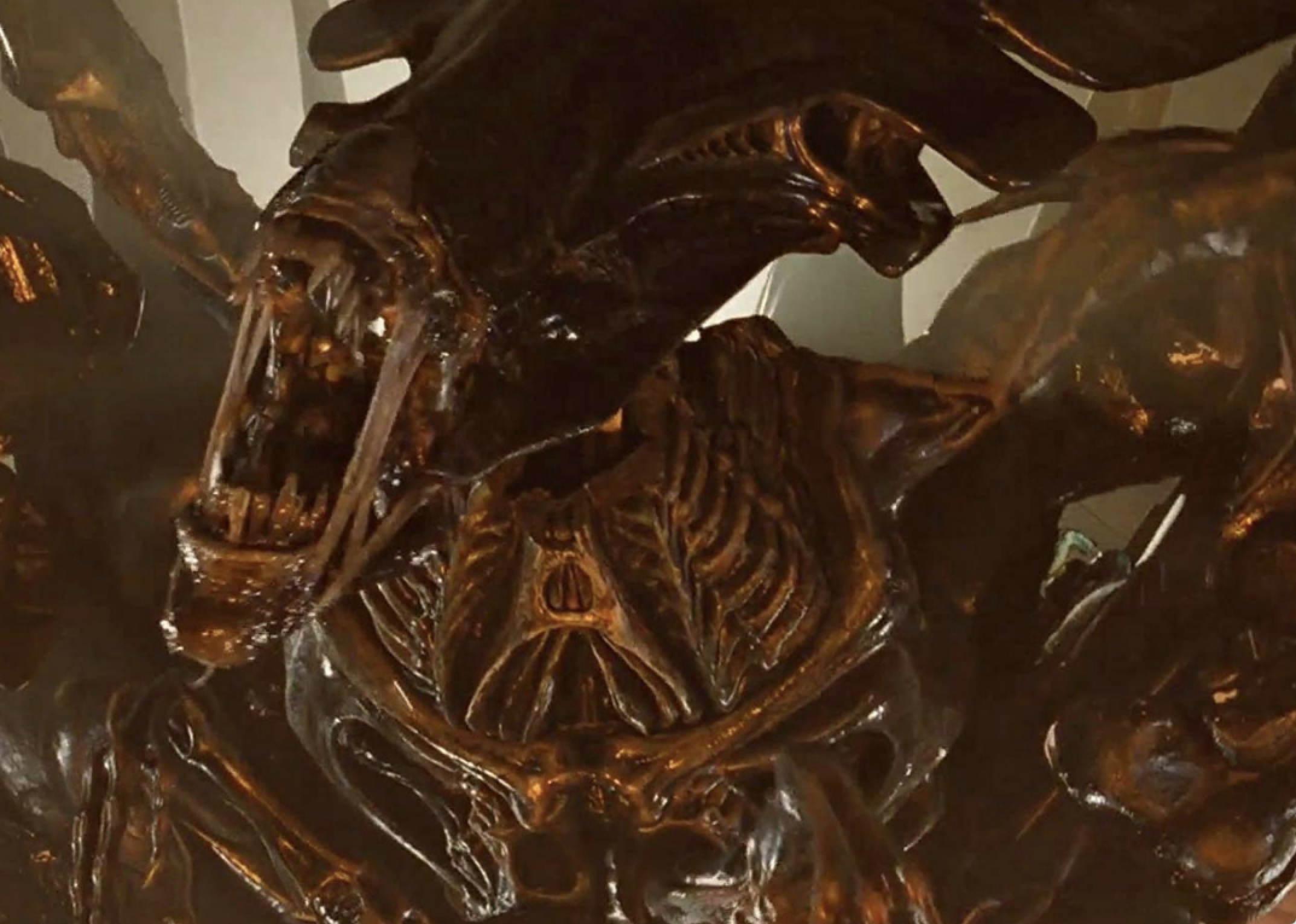
Twentieth Century Fox
#11. Aliens (1986)
– Director: James Cameron
– Stacker score: 93.9
– Metascore: 84
– IMDb user rating: 8.4
– Runtime: 137 minutes
In several places on this list, sequels fared worse in the hearts of critics and audiences than its predecessor. Such is the case with “Aliens,” the sequel to 1979’s “Alien,” though Empire magazine named it the greatest sequel of all time. The franchise has yet to recapture the magic since “Aliens,” a terrifying thriller of galactic proportions starring Sigourney Weaver in an Oscar-nominated performance as Ellen Ripley, a hero for a spacefaring generation. The alien-invaded franchise has since spawned several other sequels, including 2012’s “Prometheus” and 2017’s “Alien: Covenant.”
You may also like: 100 greatest movie songs from 100 years of film
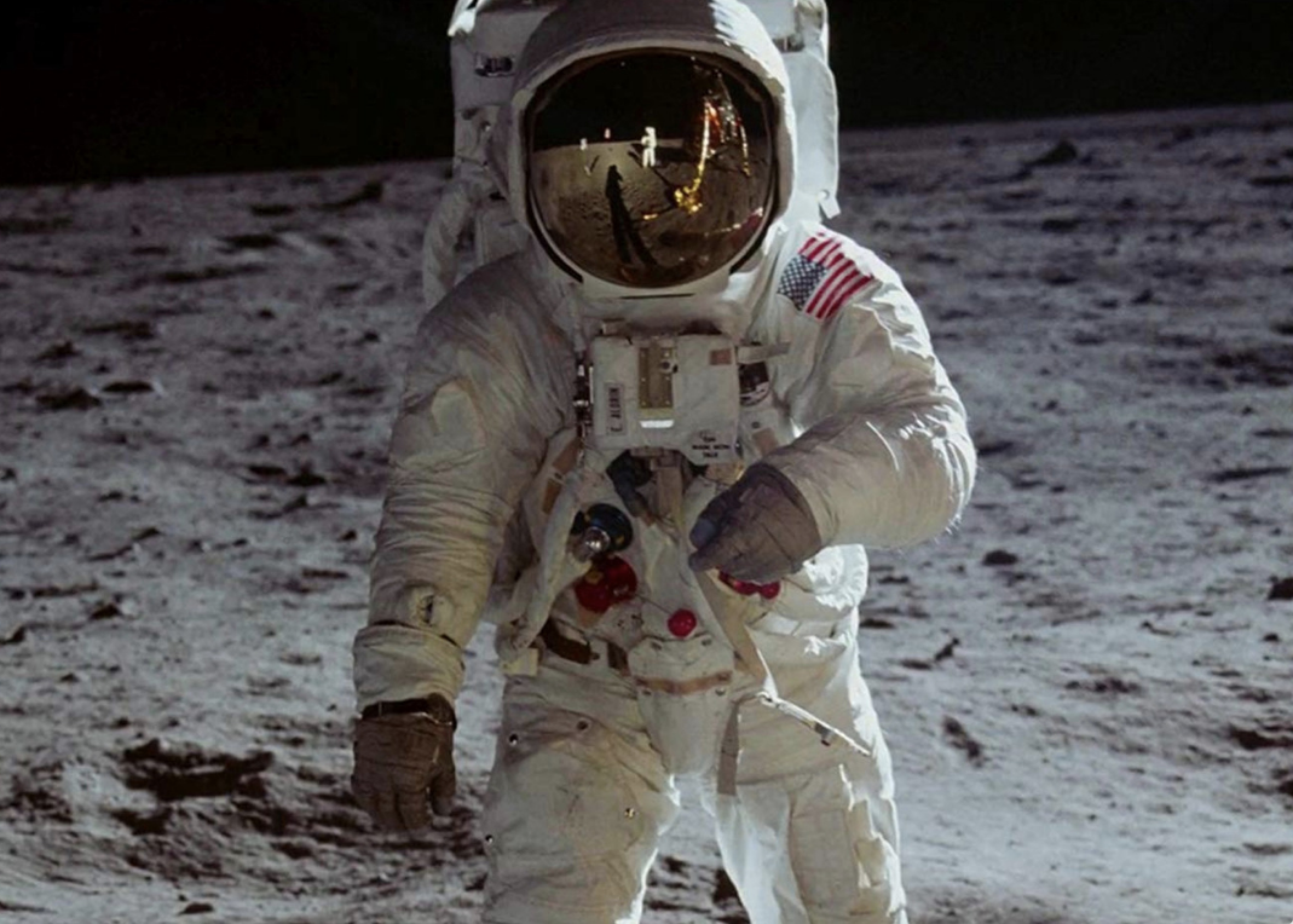
CNN Films
#10. Apollo 11 (2019)
– Director: Todd Douglas Miller
– Stacker score: 94.4
– Metascore: 88
– IMDb user rating: 8.1
– Runtime: 93 minutes
The only documentary on this list, “Apollo 11” consists solely of archival footage and is absent of narration, commentary from talking heads, or re-creations. The film presents the story of the titular mission, moonwalk and all. There’s not much else to say here, just a word of advice: see it on the biggest screen you can find. The film took home three Primetime Emmy Awards in 2020, including Outstanding Sound Editing for a Nonfiction or Reality Program and Outstanding Picture Editing for a Nonfiction Program.
Walter Wanger Productions
#9. Invasion of the Body Snatchers (1956)
Kevin McCarthy and Dana Wynter in Invasion of the “Body Snatchers”.
– Director: Don Siegel
– Stacker score: 94.4
– Metascore: 92
– IMDb user rating: 7.7
– Runtime: 80 minutes
The fact that the oldest film on this list also makes the top 10 is notable; many of the deep questions posed by old sci-fi movies seem dated to us (Are communicators in “Star Trek” any better than an iPhone?). However, the fear of someone you love seeming just a little off still raises goosebumps in any viewer. The culprit: alien pods that, when they reach maturity, duplicate humans entirely, though the duplicates are devoid of any emotion. “Invasion of the Body Snatchers” was selected for preservation in the United States National Film Registry by the Library of Congress in 1994.
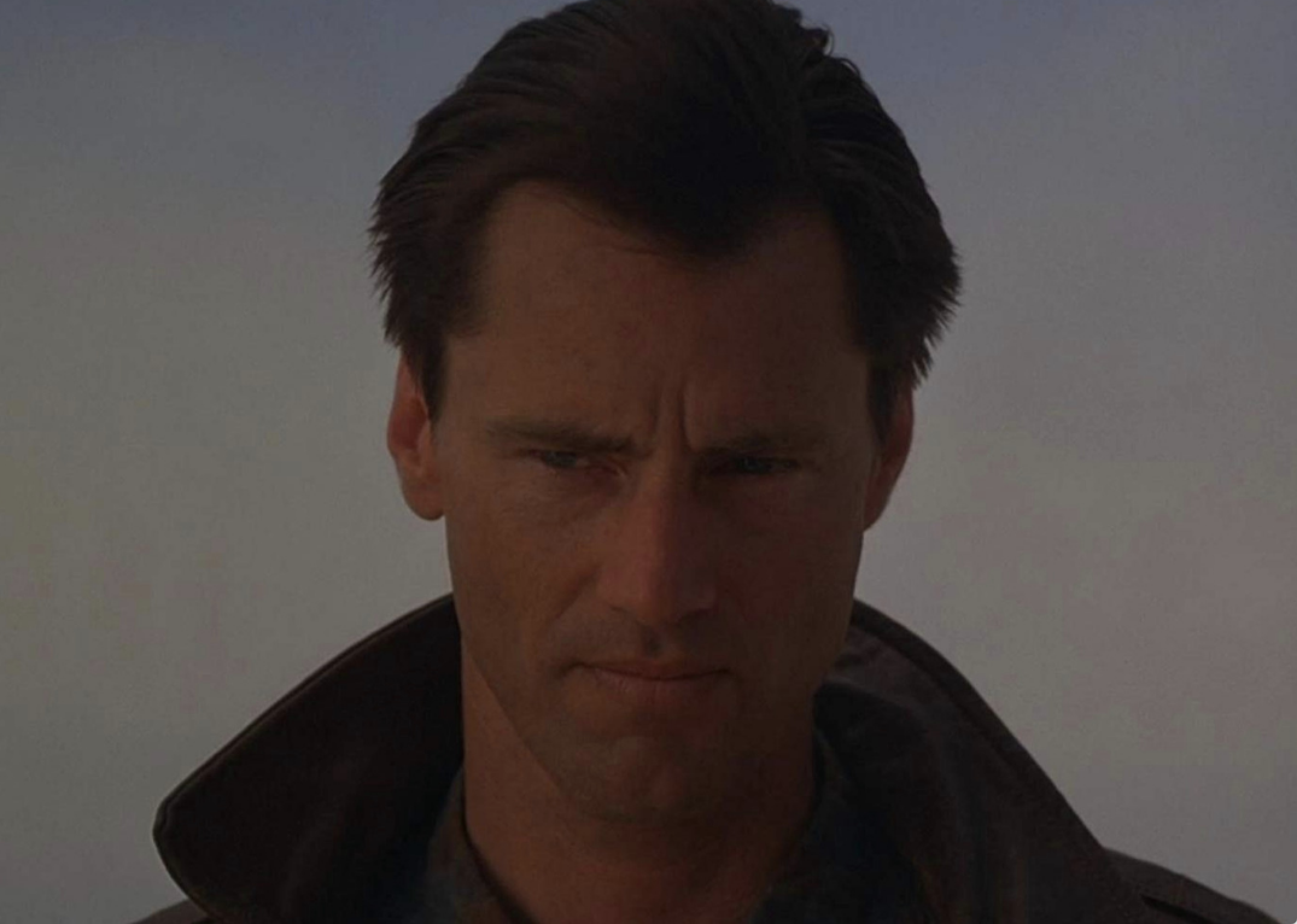
The Ladd Company
#8. The Right Stuff (1983)
– Director: Philip Kaufman
– Stacker score: 94.4
– Metascore: 91
– IMDb user rating: 7.8
– Runtime: 193 minutes
The films on this list that deal with America’s space program each focus on a different period. Such is the case with “The Right Stuff,” which focuses on the Mercury program of supersonic flight, sometimes in the sub-orbital region of space, which took place between 1958 and 1963. Based on the bestselling book by the same name, “The Right Stuff” was, like many others on this list, a box-office failure though it was beloved by critics and is still considered a modern classic today. “The Right Stuff” also earned eight Oscar nominations at the 56th Academy Awards, bringing home four.
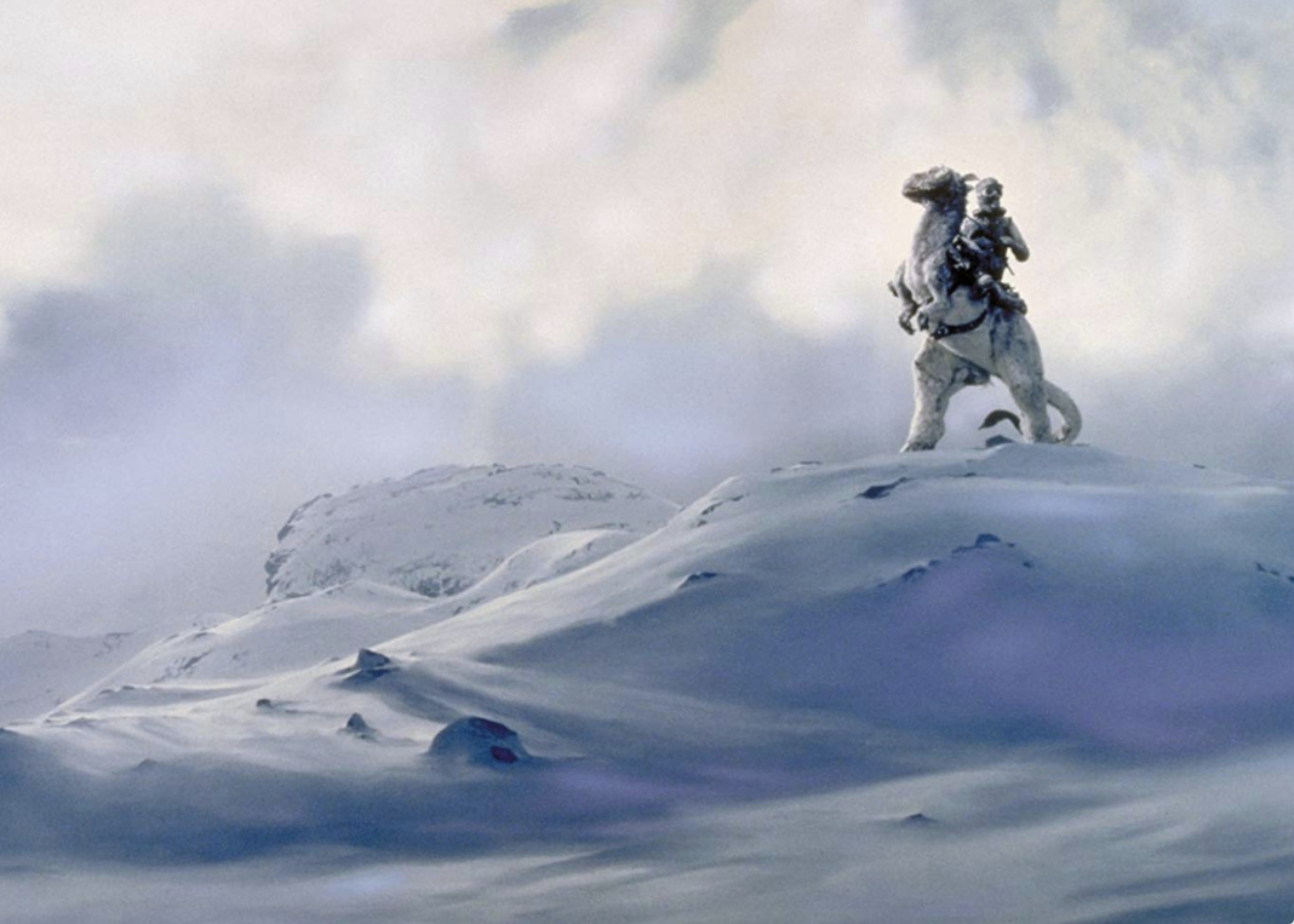
Lucasfilm
#7. Star Wars: Episode V – The Empire Strikes Back (1980)
– Director: Irvin Kershner
– Stacker score: 94.4
– Metascore: 82
– IMDb user rating: 8.7
– Runtime: 124 minutes
Another of the best-received sequels of all time, “The Empire Strikes Back” had a lot to live up to when it premiered three years after “Star Wars: Episode IV.” Luckily, the story matured from “chosen one saves the universe” into a more complex series of blows and counterattacks. With cinema’s most famous twist in the middle, “Empire” recaptures all the magic of the original and further explores the galaxy far, far away. In 2010, the United States Library of Congress selected it for preservation in the National Film Registry.
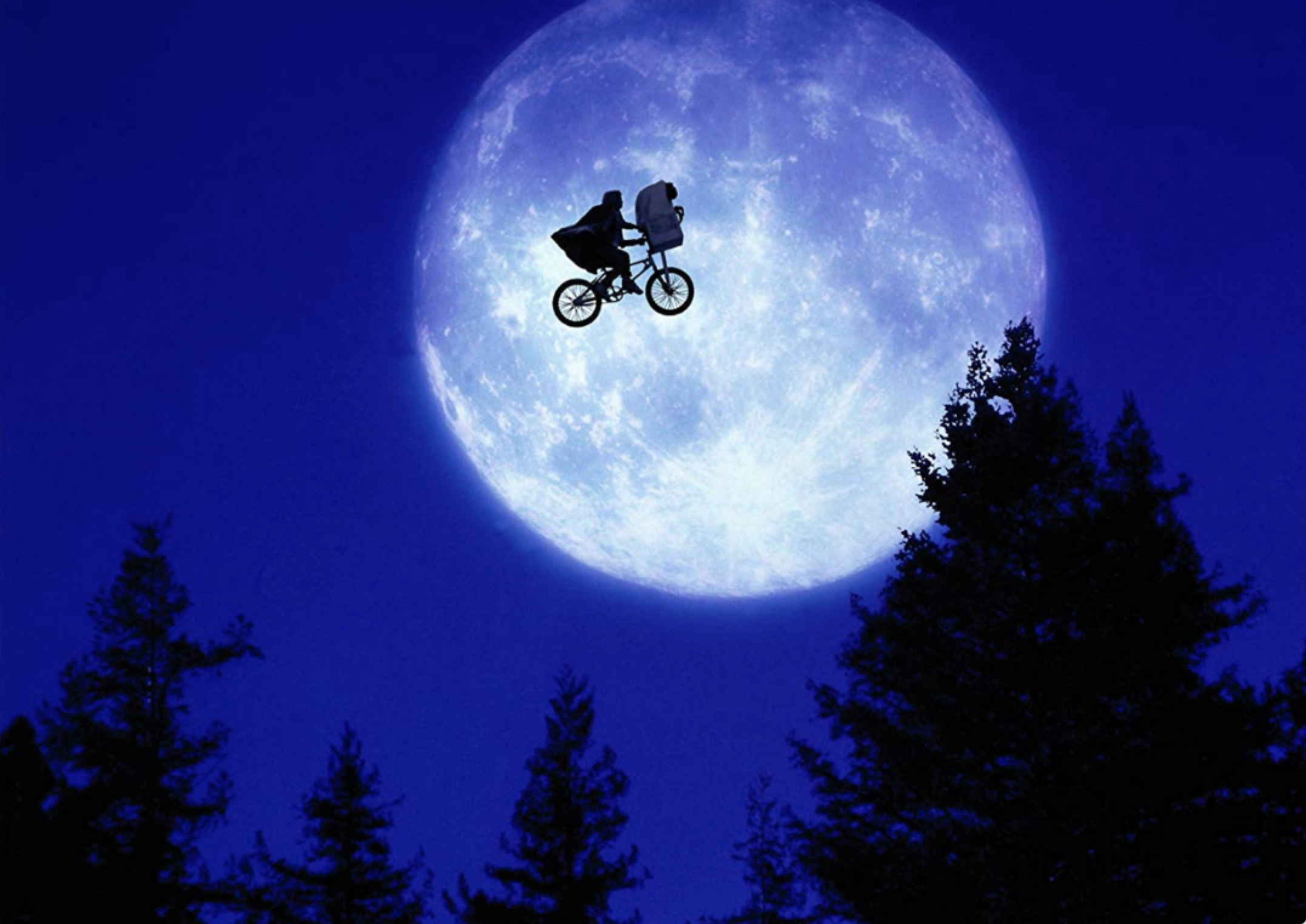
Universal Studios
#6. E.T. the Extra-Terrestrial (1982)
– Director: Steven Spielberg
– Stacker score: 95.0
– Metascore: 91
– IMDb user rating: 7.9
– Runtime: 115 minutes
“E.T. phone home,” mutters the titular character as it attempts to contact its home planet, drawing awe from audiences worldwide. The timeless story of an intimate friendship between a boy and his alien friend, “E.T.” has resonated with generations of families and is widely considered one of the greatest films of all time. The film was added to the United States National Film Registry of the Library of Congress in 1994.
You may also like: Why these famous films were banned around the globe
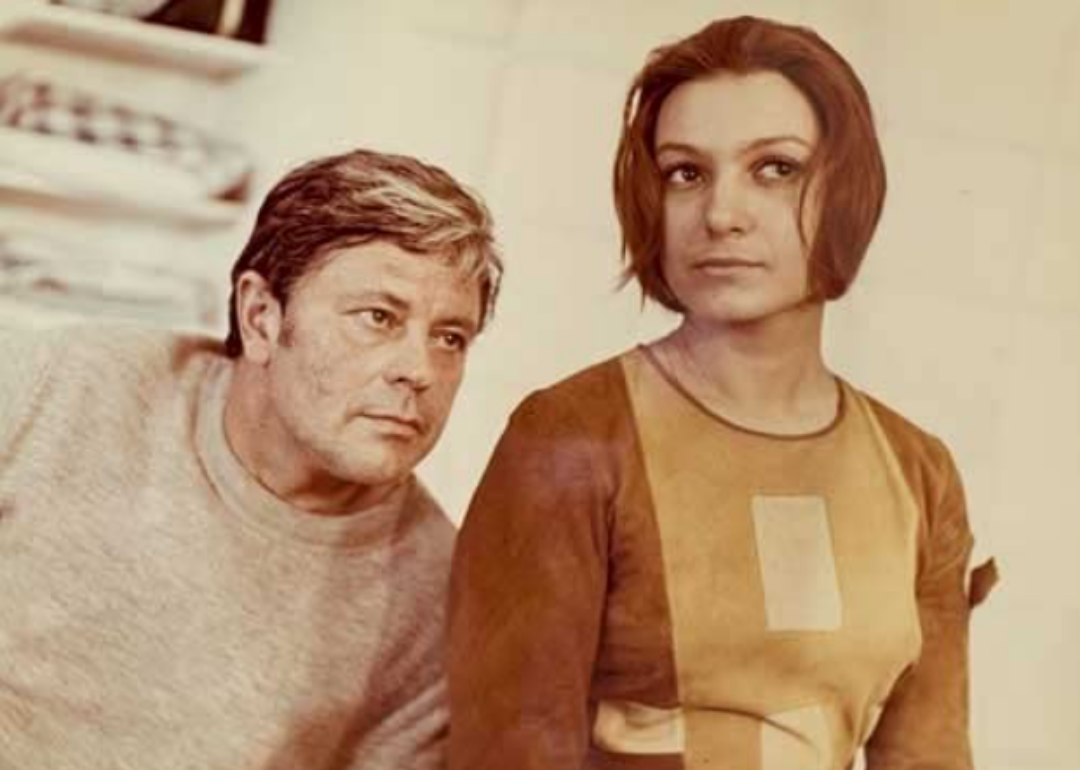
Mosfilm
#5. Solaris (1972)
– Director: Andrei Tarkovsky
– Stacker score: 96.6
– Metascore: 93
– IMDb user rating: 8.0
– Runtime: 167 minutes
At the same time Americans were celebrating a comeback victory in the Space Race, Soviet Russians were dealing with their own questions of space travel and communism’s place in the future. Such is the case with “Solaris,” a Soviet film that questions the limits of human rationality in a gorgeous, haunting, nearly three-hour production. The film also took home the Grand Prix Spécial du Jury at the 1972 Cannes Film Festival.
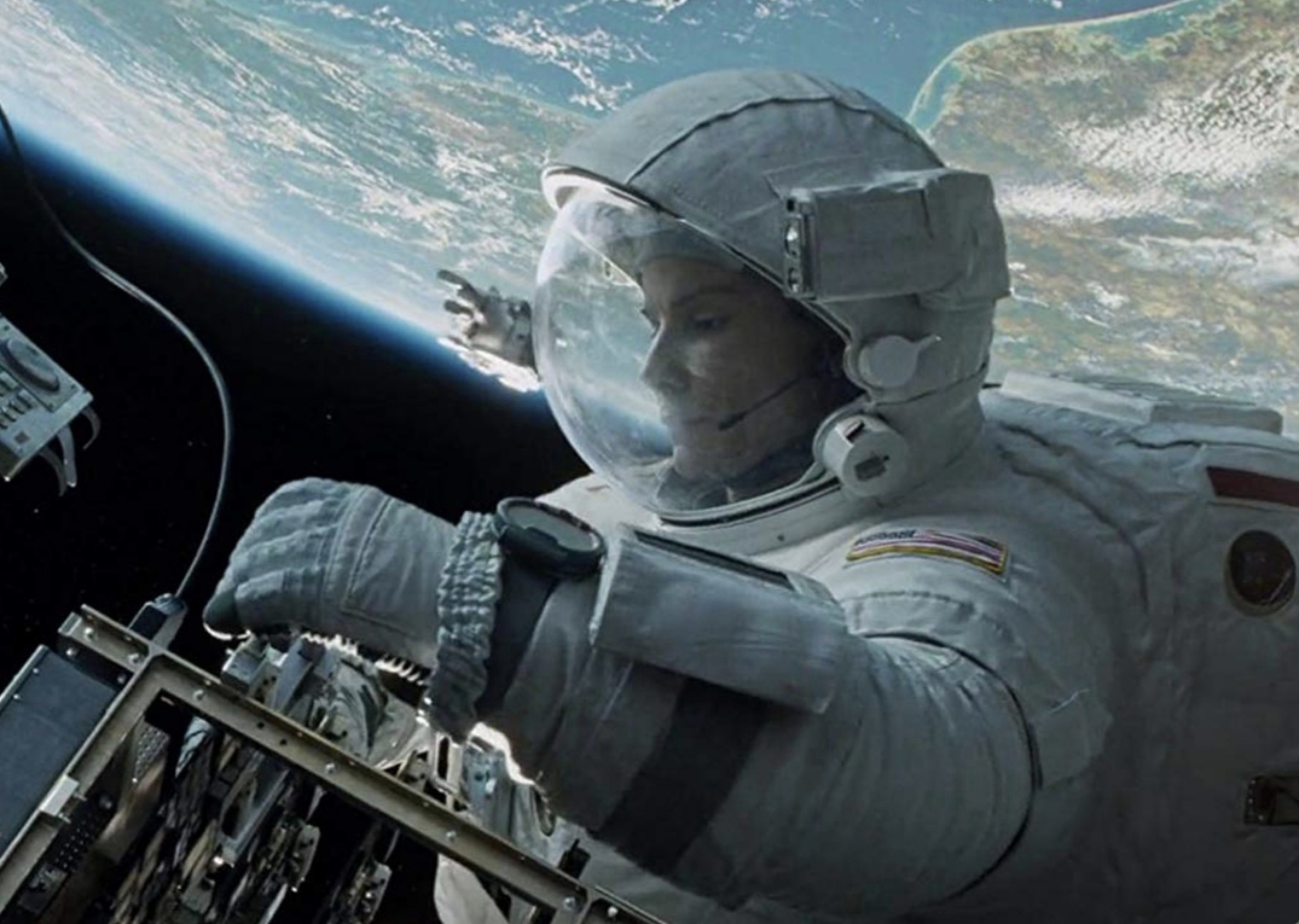
Warner Bros.
#4. Gravity (2013)
– Director: Alfonso Cuarón
– Stacker score: 96.6
– Metascore: 96
– IMDb user rating: 7.7
– Runtime: 91 minutes
Alfonso Cuarón, the five-time Oscar winner and director of “Children of Men” and “Roma,” tried his hand at an outer-space thriller in 2013’s seven-time Oscar winner “Gravity,” starring Sandra Bullock and George Clooney as stranded astronauts doing whatever it takes to return home. As evidenced by the awards, “Gravity” was received warmly by both critics and fans, who praised the realistic visuals, performances from the leads, and stirring score. Among the film’s 10 nominations at the 86th Academy Awards, “Gravity” blasted off with seven, including Best Visual Effects, Best Original Score, and Best Director.
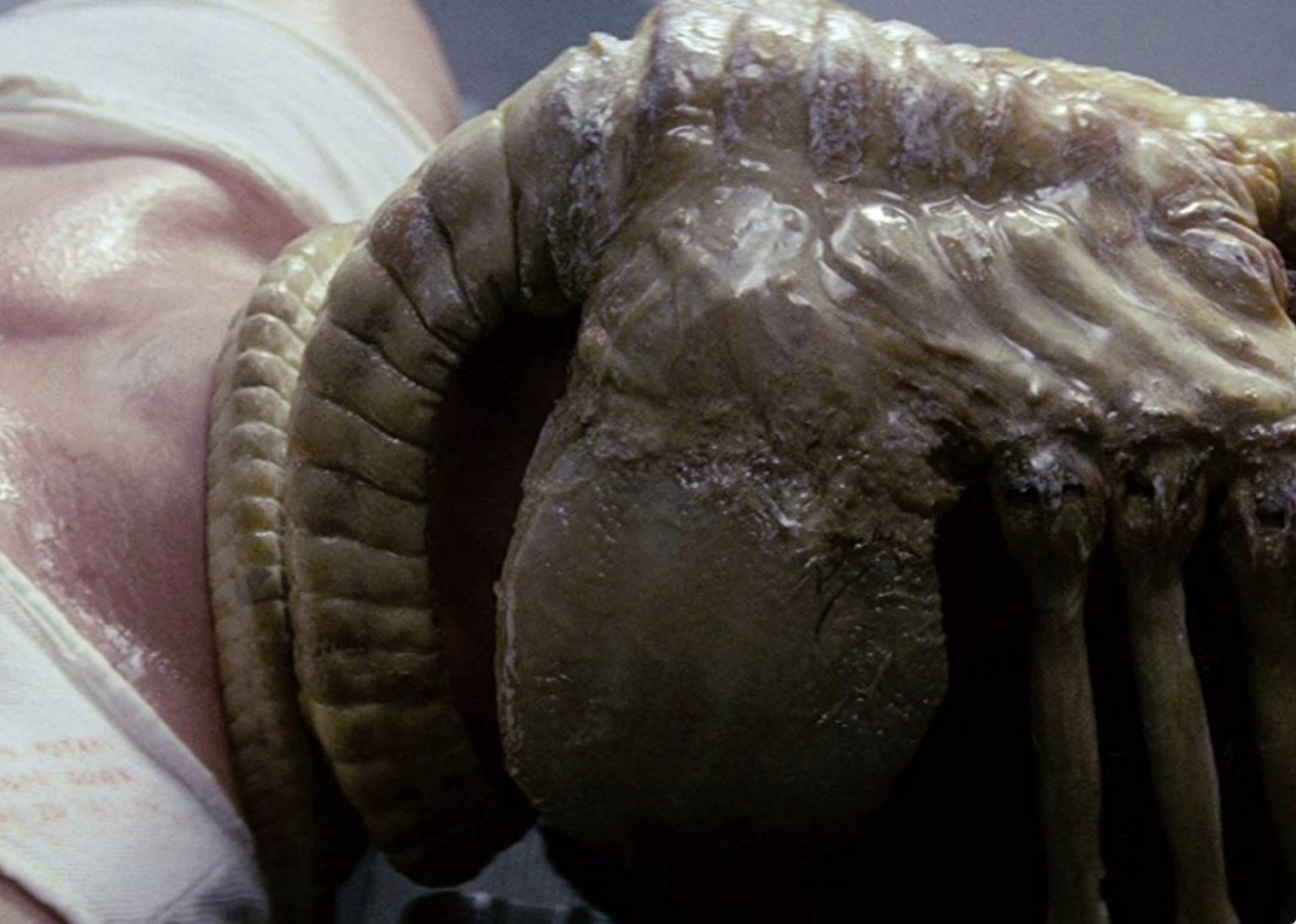
Brandywine Productions
#3. Alien (1979)
– Director: Ridley Scott
– Stacker score: 97.2
– Metascore: 89
– IMDb user rating: 8.5
– Runtime: 117 minutes
Facehugger, Xenomorph, Chestburster—the titular alien in “Alien” takes many forms, all terrifying, as the creation of gory special effects and dark imagination. The crew of the spaceship Nostromo is hopelessly outmatched against this unique evil, though they never stop trying to kill it, even as more and more humans fall victim to the alien’s attacks. A straightforward human-versus-nature story, the movie manages to slip in a biting critique of megacorporations that are more interested in the bottom line than human lives. Back in 2008, “Alien” was ranked #7 by the American Film Institute as the best film in the science fiction genre.
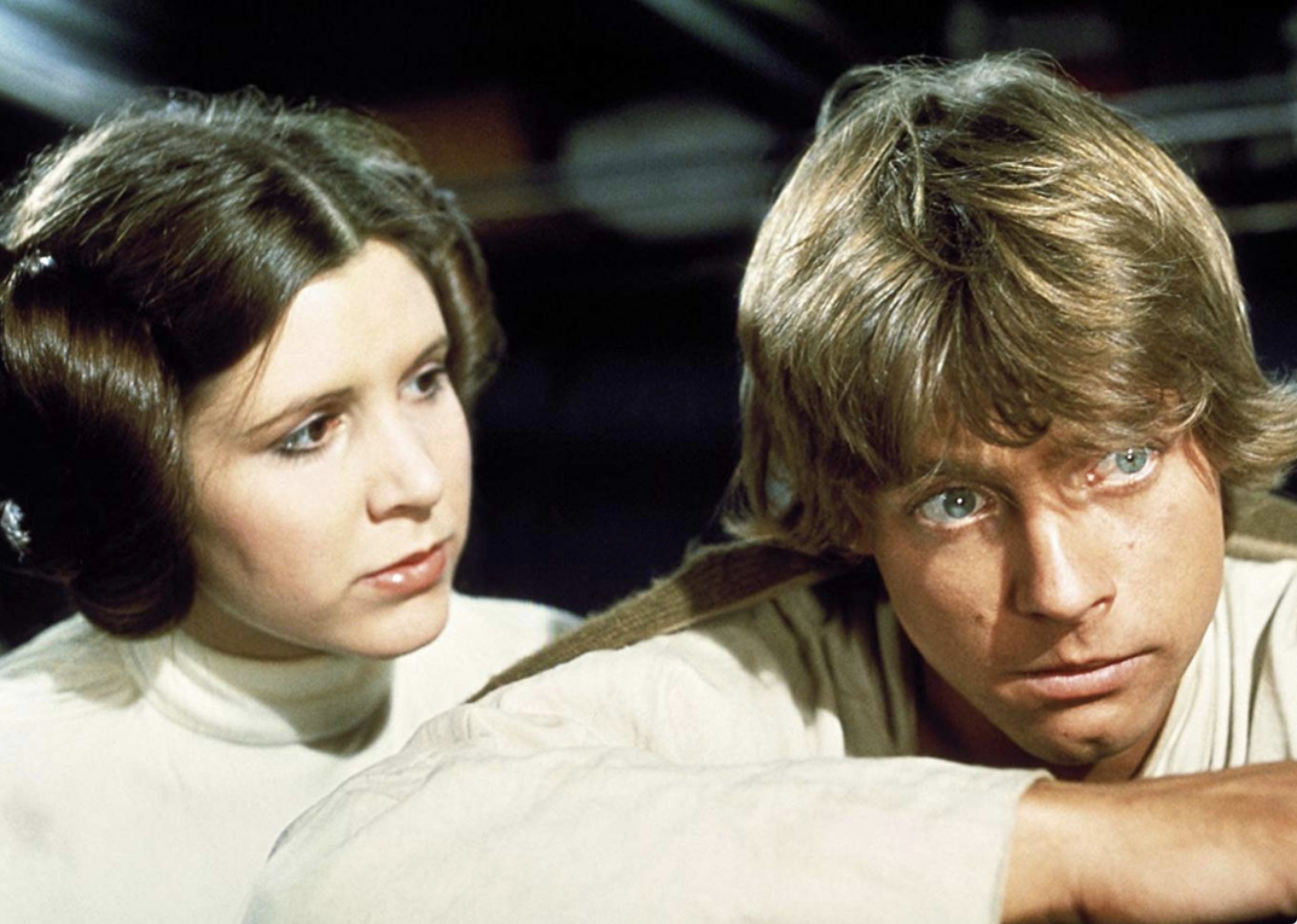
Lucasfilm
#2. Star Wars: Episode IV – A New Hope (1977)
– Director: George Lucas
– Stacker score: 98.3
– Metascore: 90
– IMDb user rating: 8.6
– Runtime: 121 minutes
What is there to say about “Star Wars”? The 1977 film has established itself in every corner of our collective consciousness, from the global fame of its cast to the innumerable sci-fi and adventure films it influenced, not to mention the films in the franchise still being released every couple of years. The soundtrack is iconic, the characters are legendary, and the story of a chosen hero leading the galaxy to victory has inspired millions of young people all across the globe. In 1989, the sci-fi blockbuster became one of the first 25 films to be chosen by the U.S. Library of Congress for preservation in the National Film Registry.
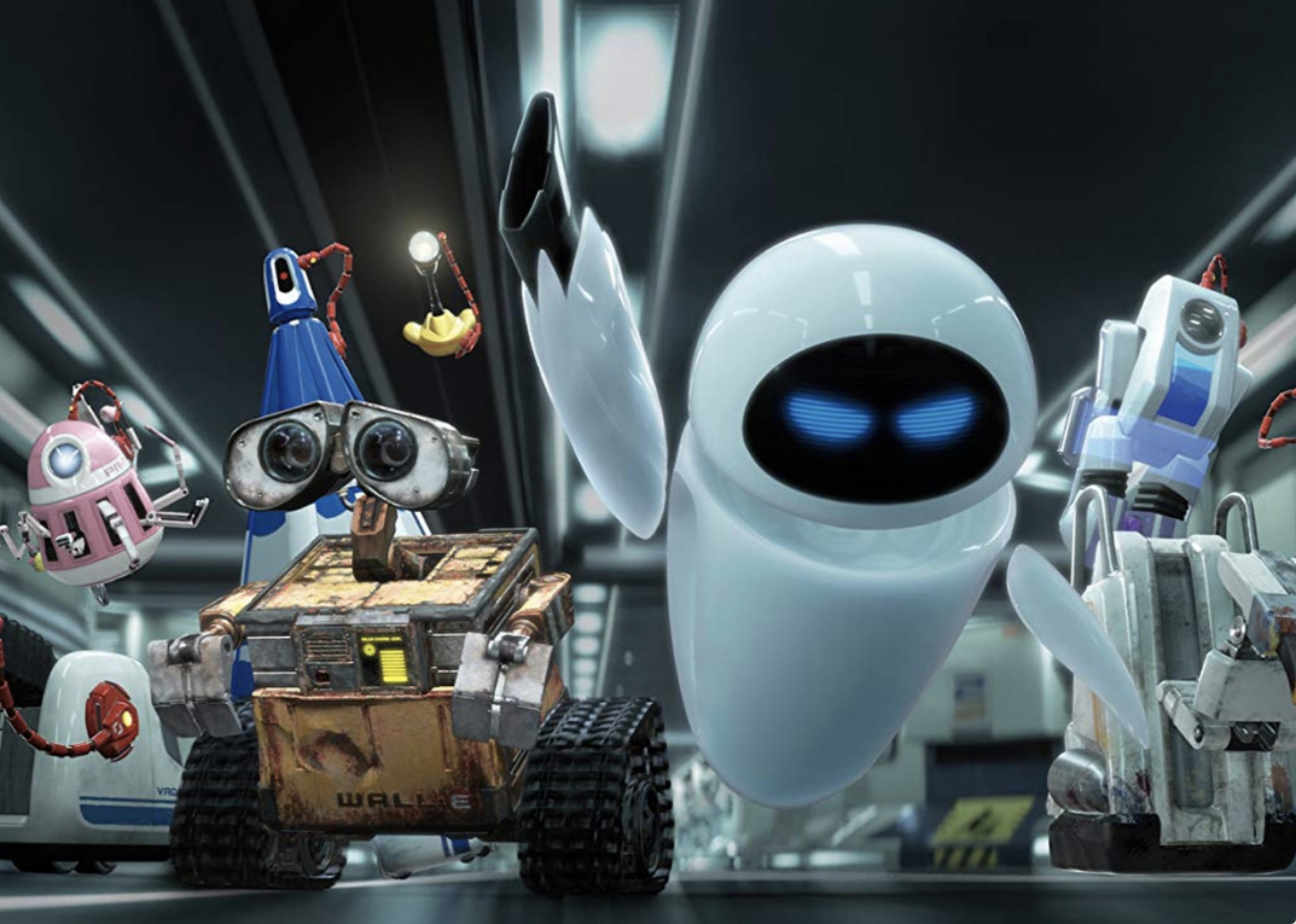
Disney/Pixar
#1. WALL-E (2008)
– Director: Andrew Stanton
– Stacker score: 100.0
– Metascore: 95
– IMDb user rating: 8.4
– Runtime: 98 minutes
The striking depiction of Earth in “WALL-E” as a barren wasteland, destroyed by the forces of climate and human overconsumption, is made even more impactful through the film’s choice not to include human dialogue for much of the film. The titular robot is an emotive trash compactor—the only one left on Earth—meant to clean up the planet’s waste; imagine his shock when a futuristic robot arrives, searching the planet for any sign of organic life. When humans are finally shown, they’re nearly unconscious and incapable of social relationships, as work has become obsolete thanks to automation.
A story about finding a purpose in the universe’s vastness, “WALL-E” has the right mix of charm, complex storytelling, beautiful visuals, and soul-searching questions to land at the top of our list. The Disney flick, in 2021, was even selected for preservation in the U.S. National Film Registry by the Library of Congress for being “culturally, historically, or aesthetically significant.”
You may also like: 100 best American movies of all time
